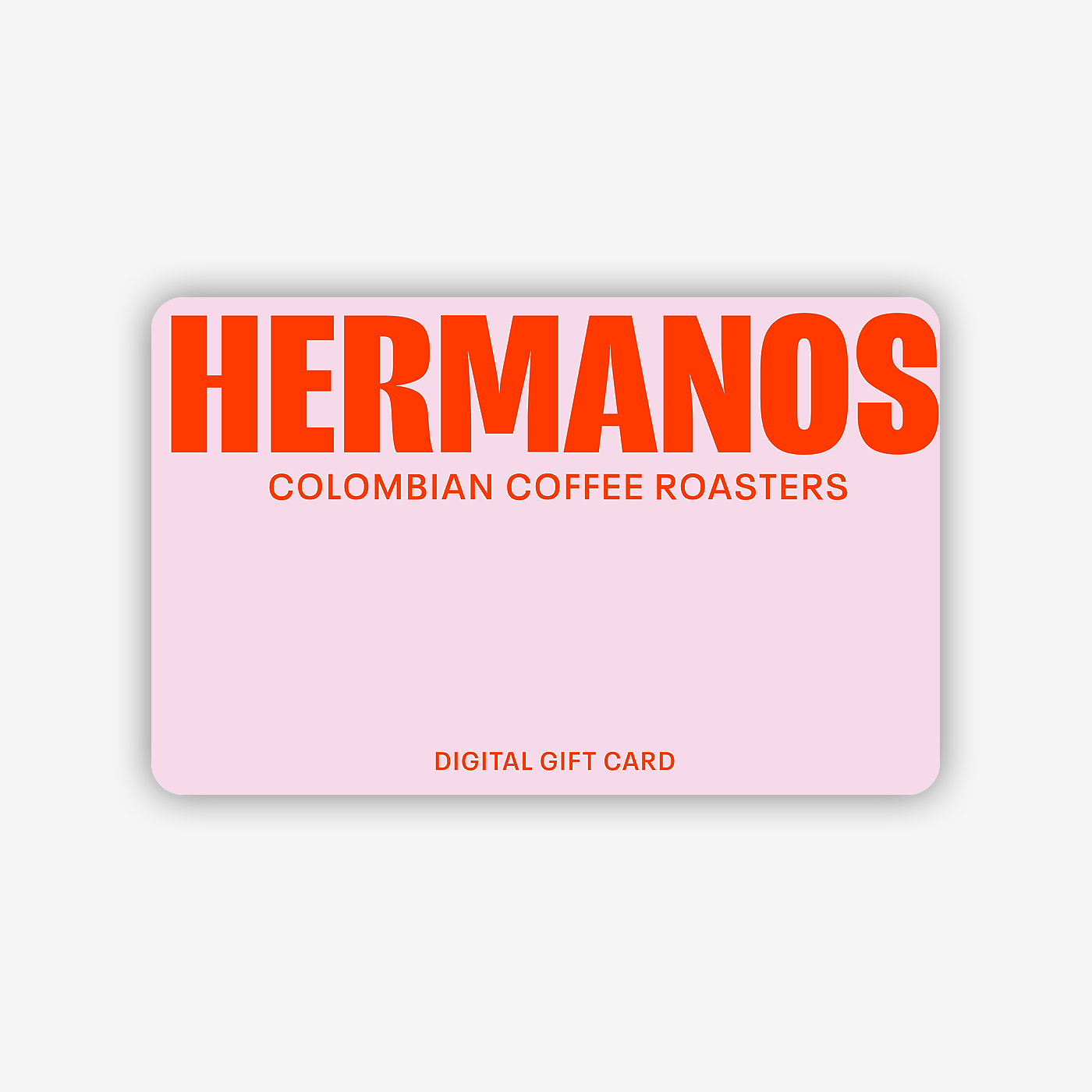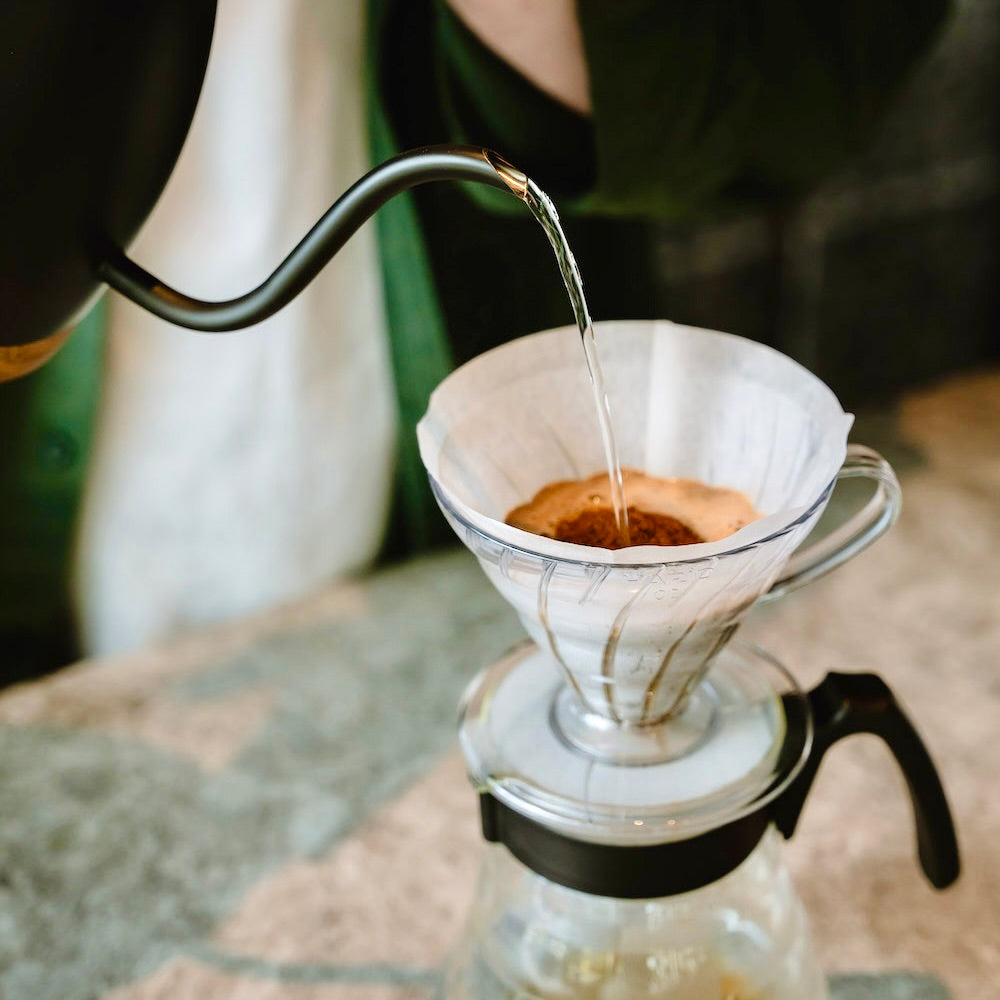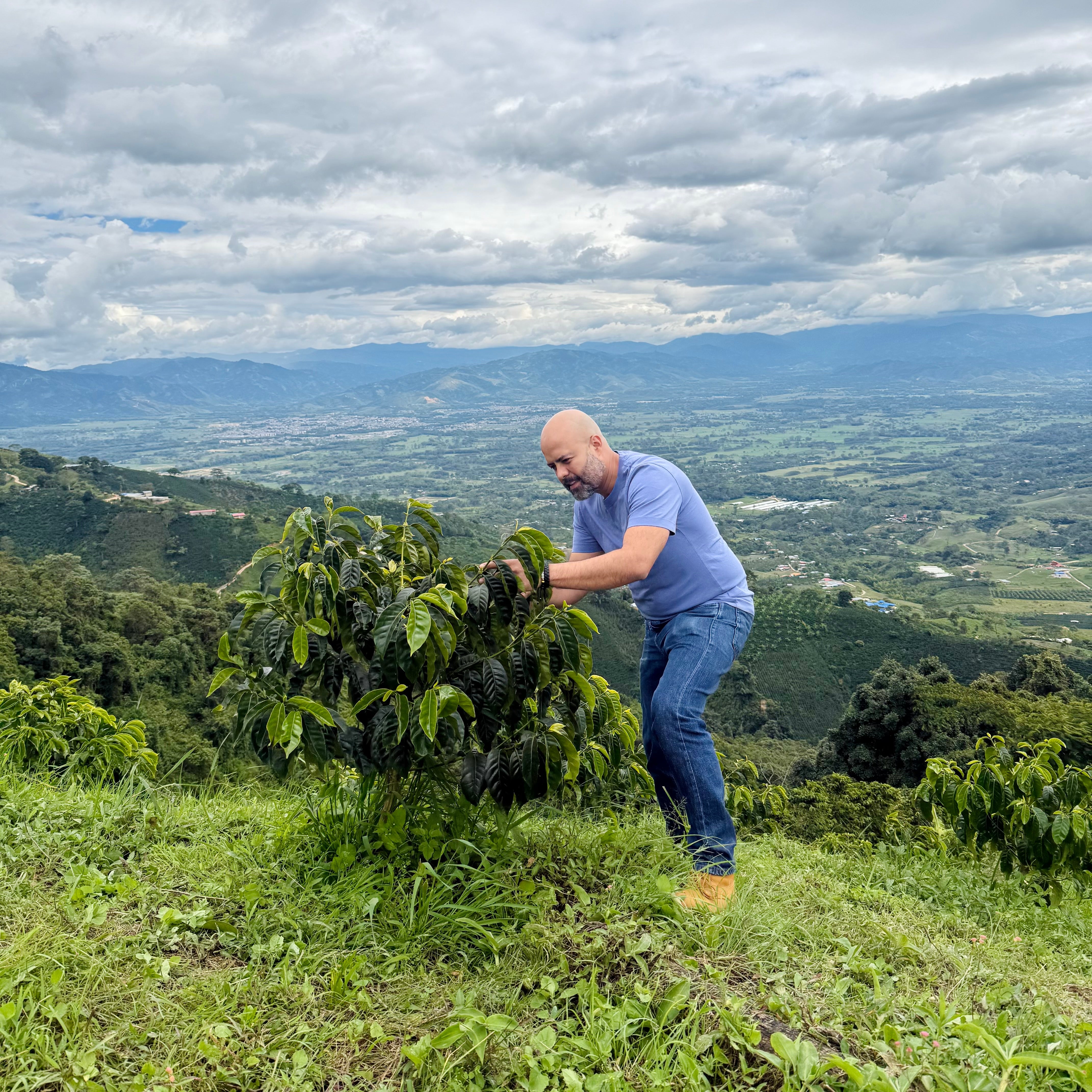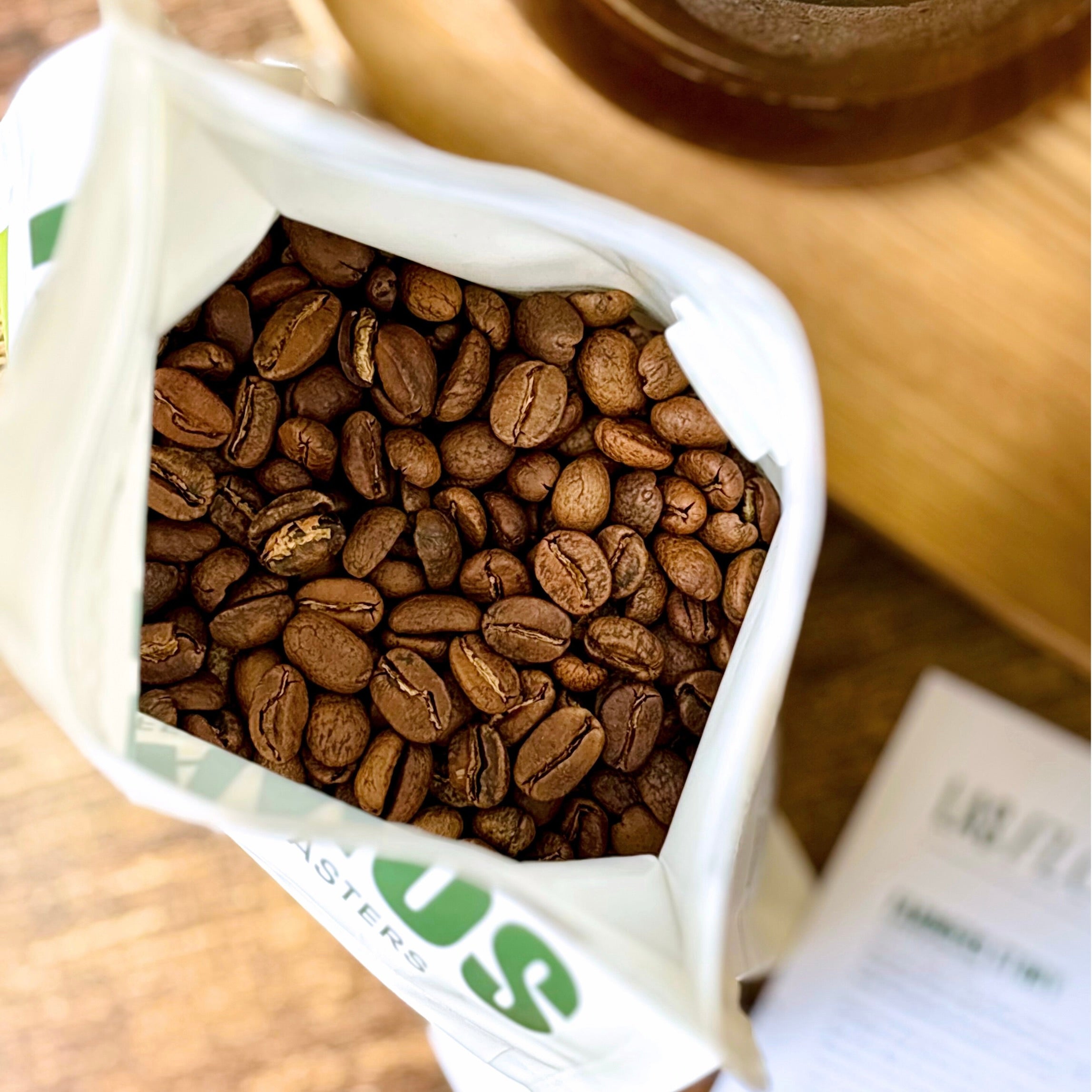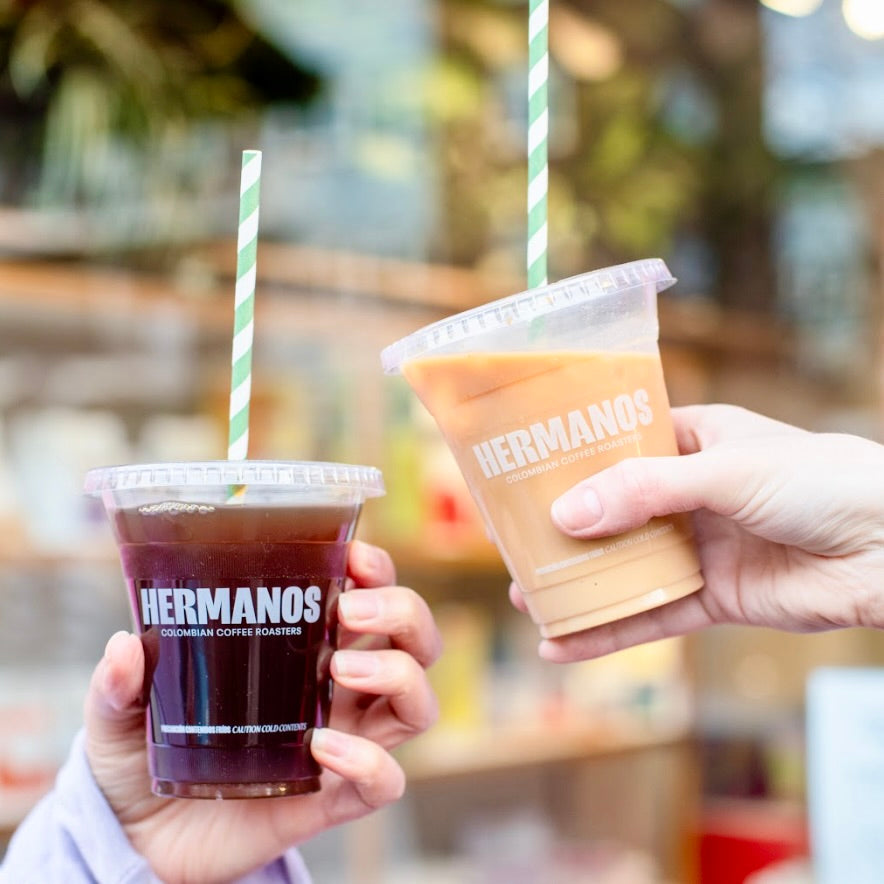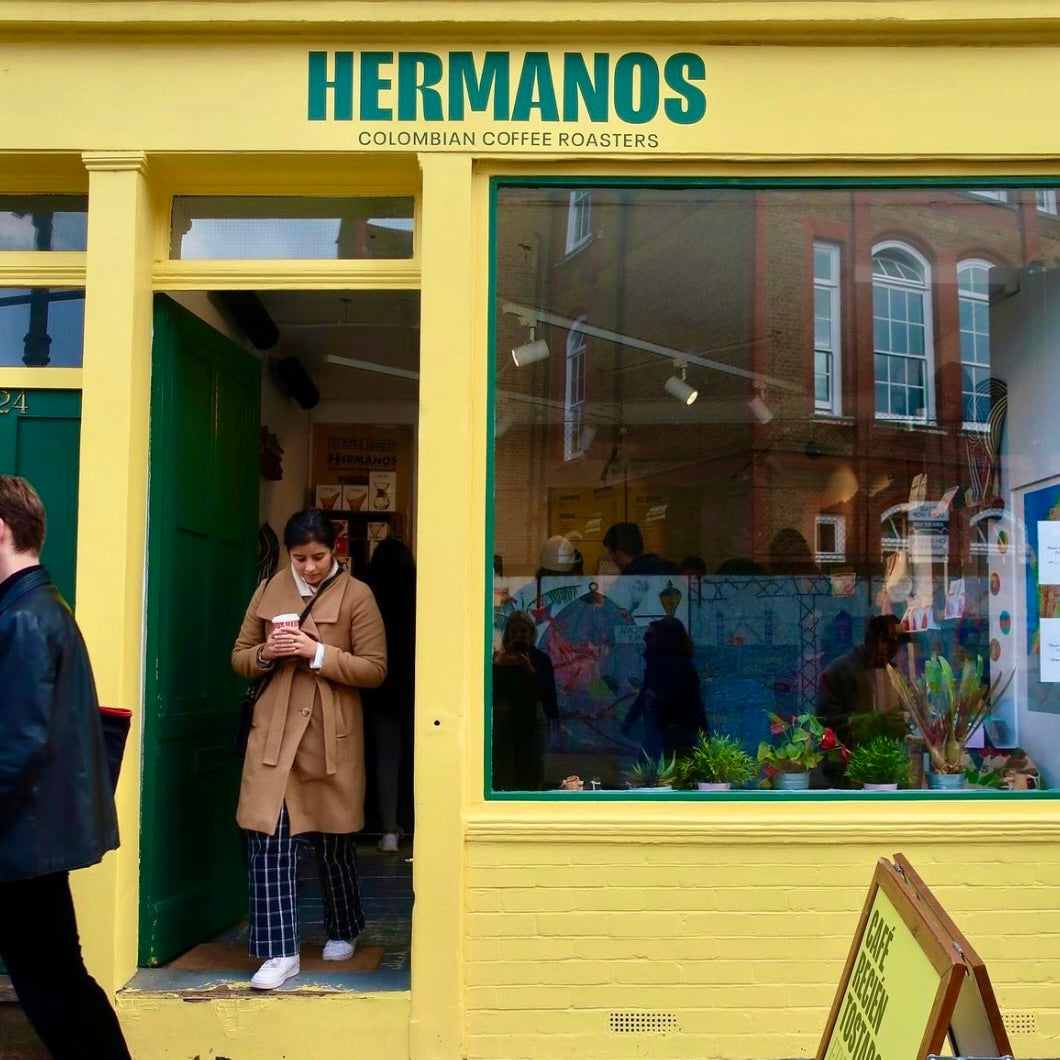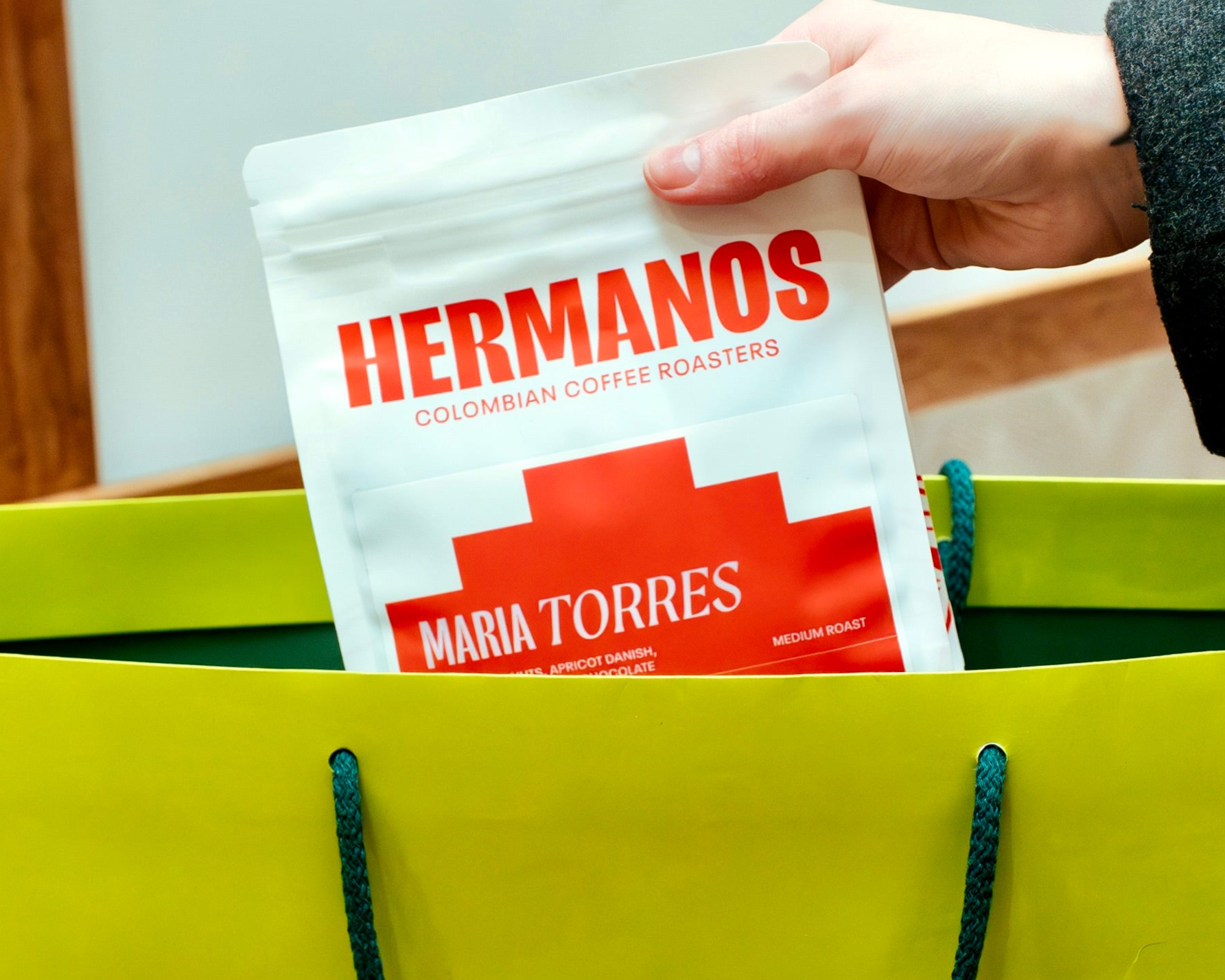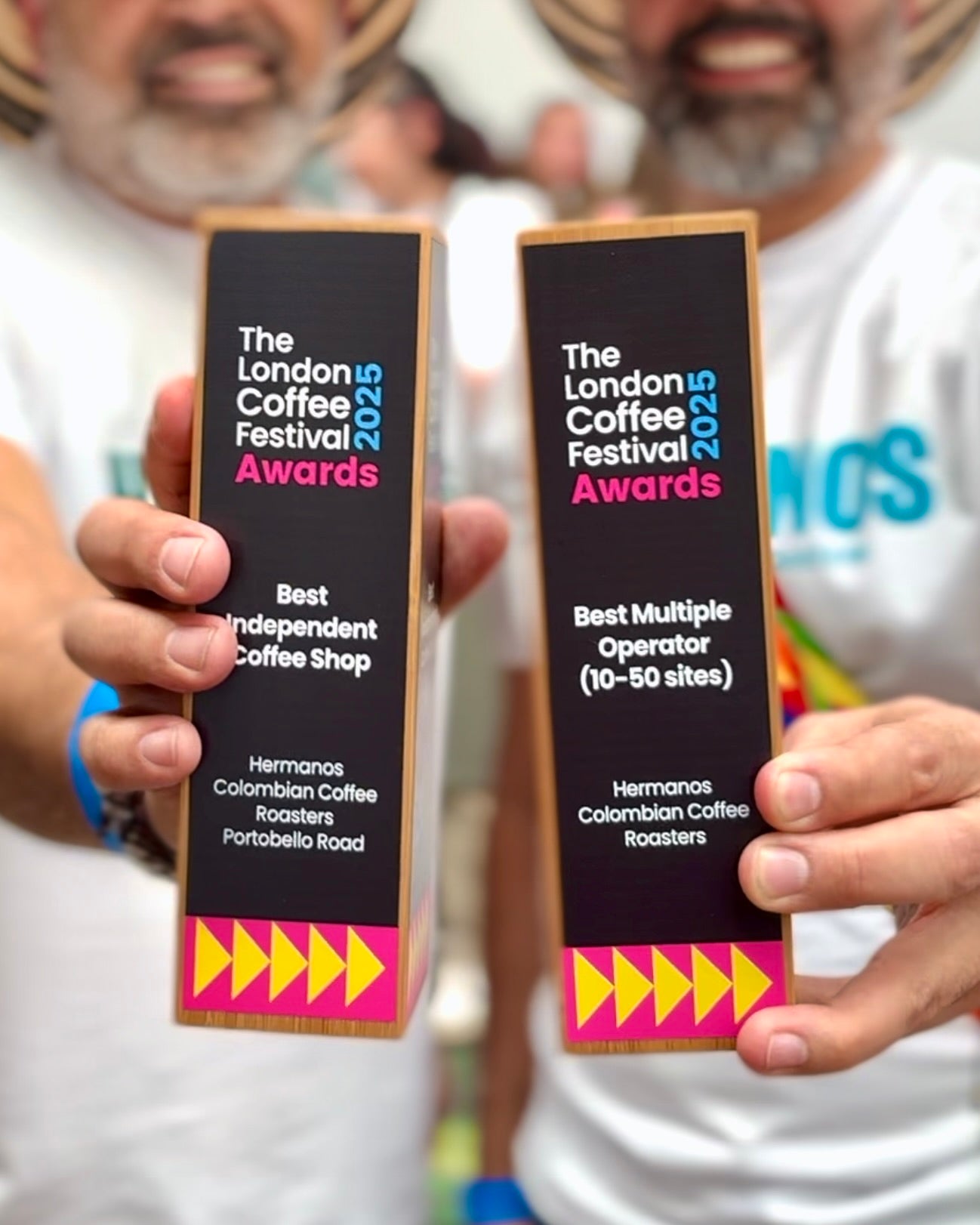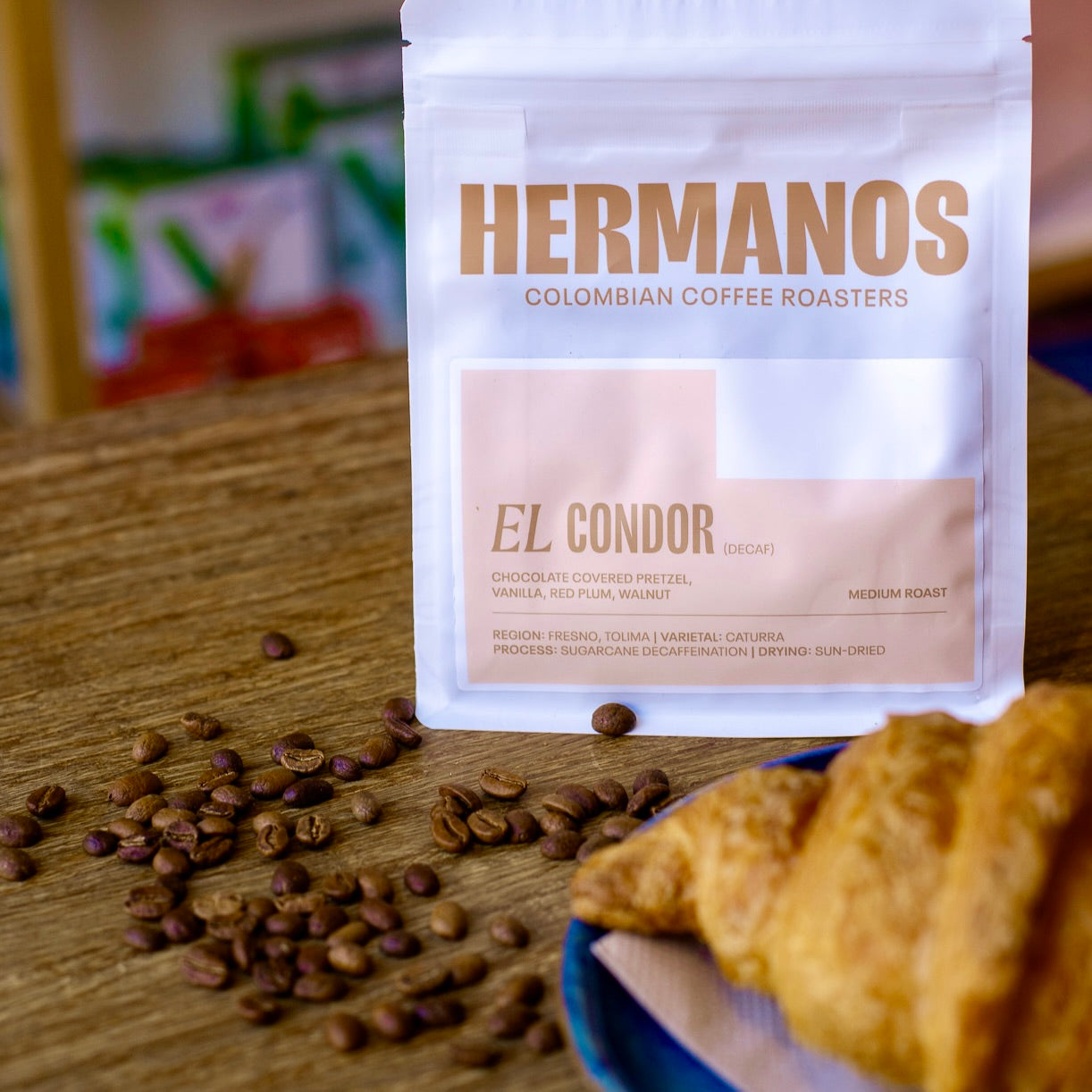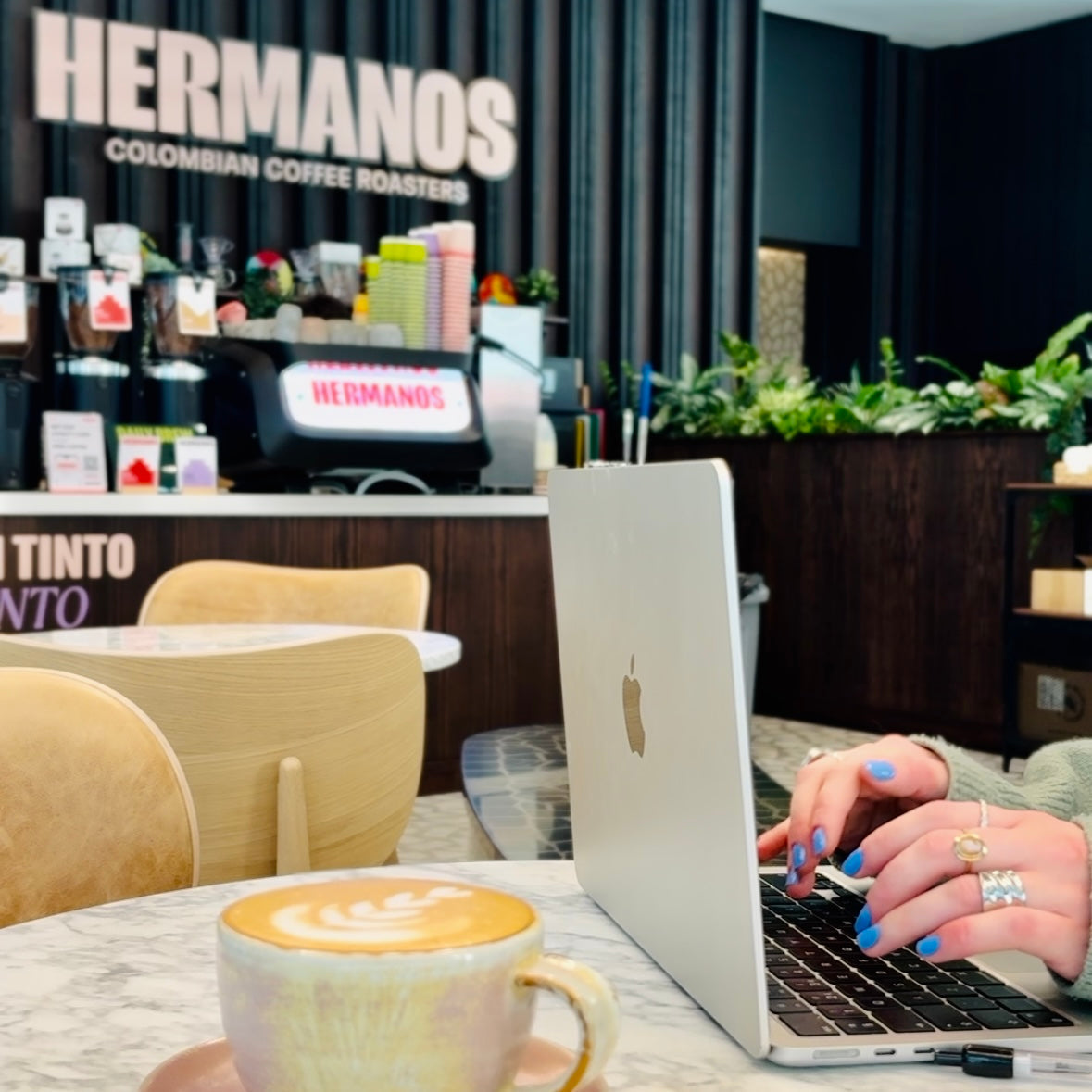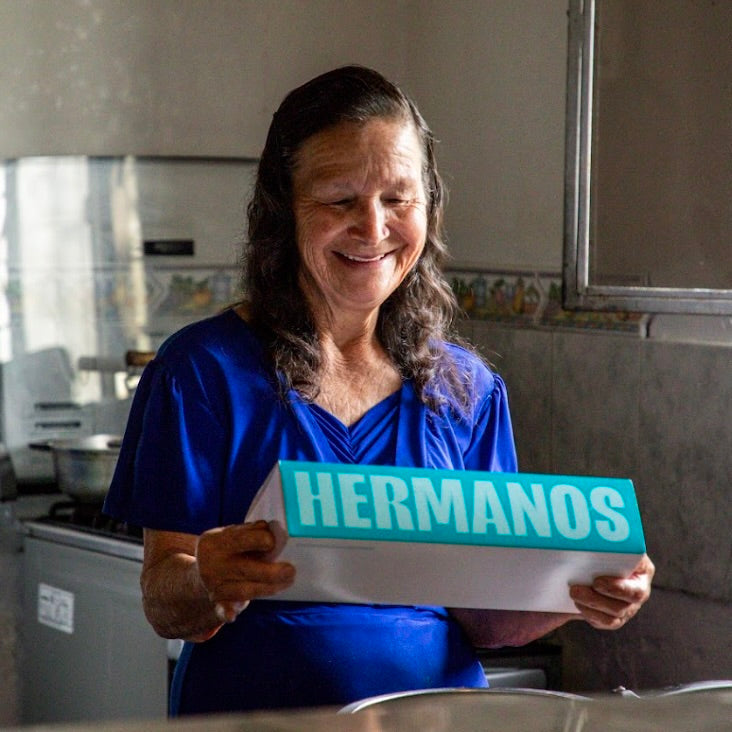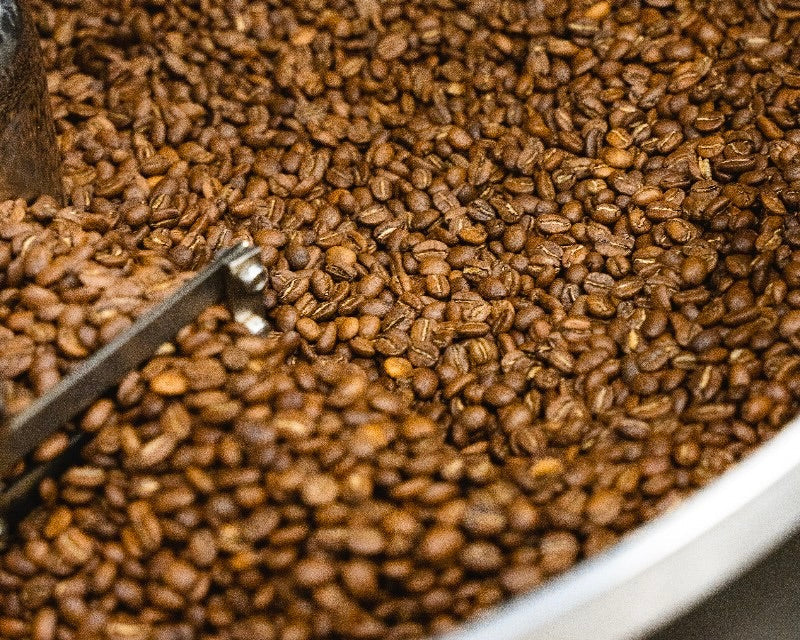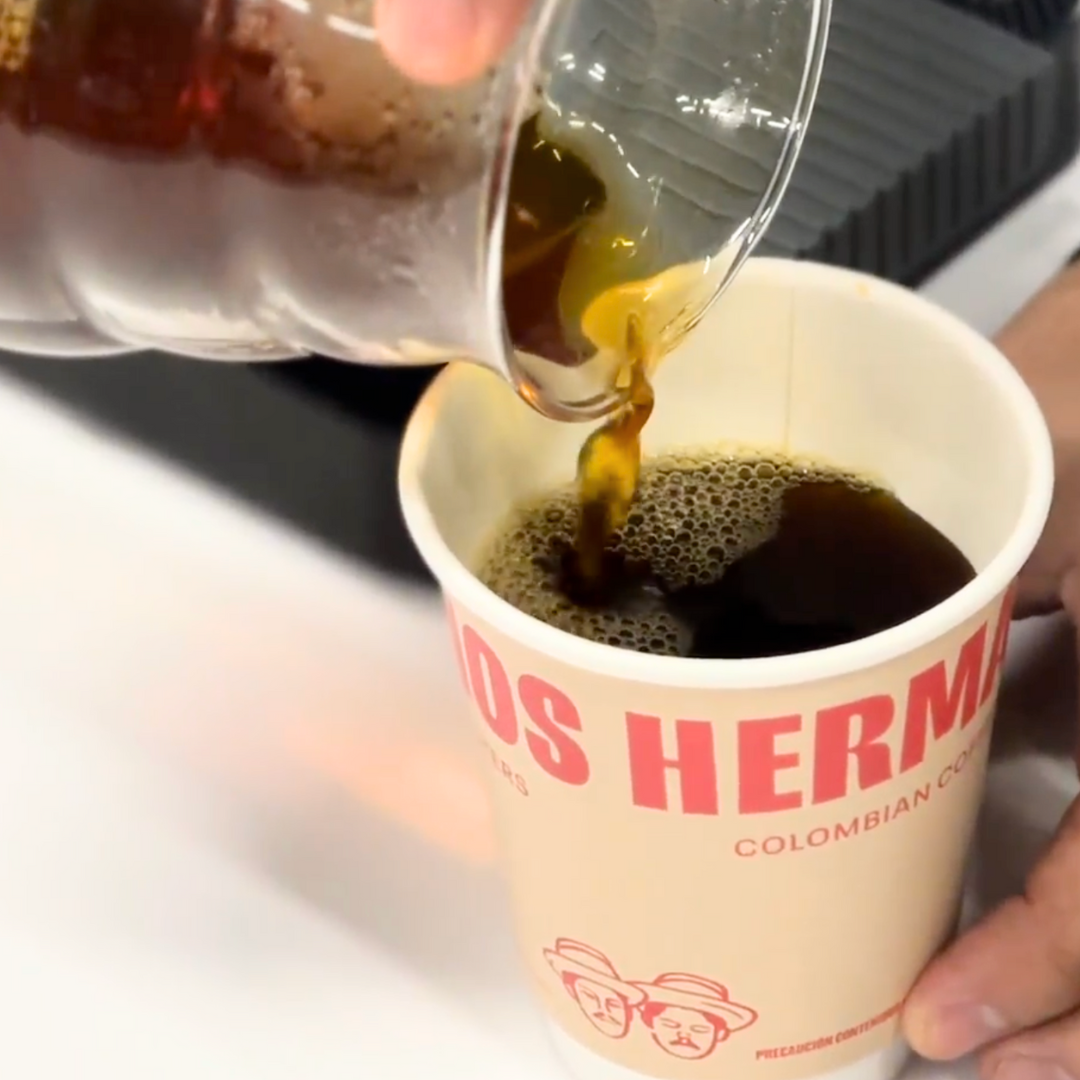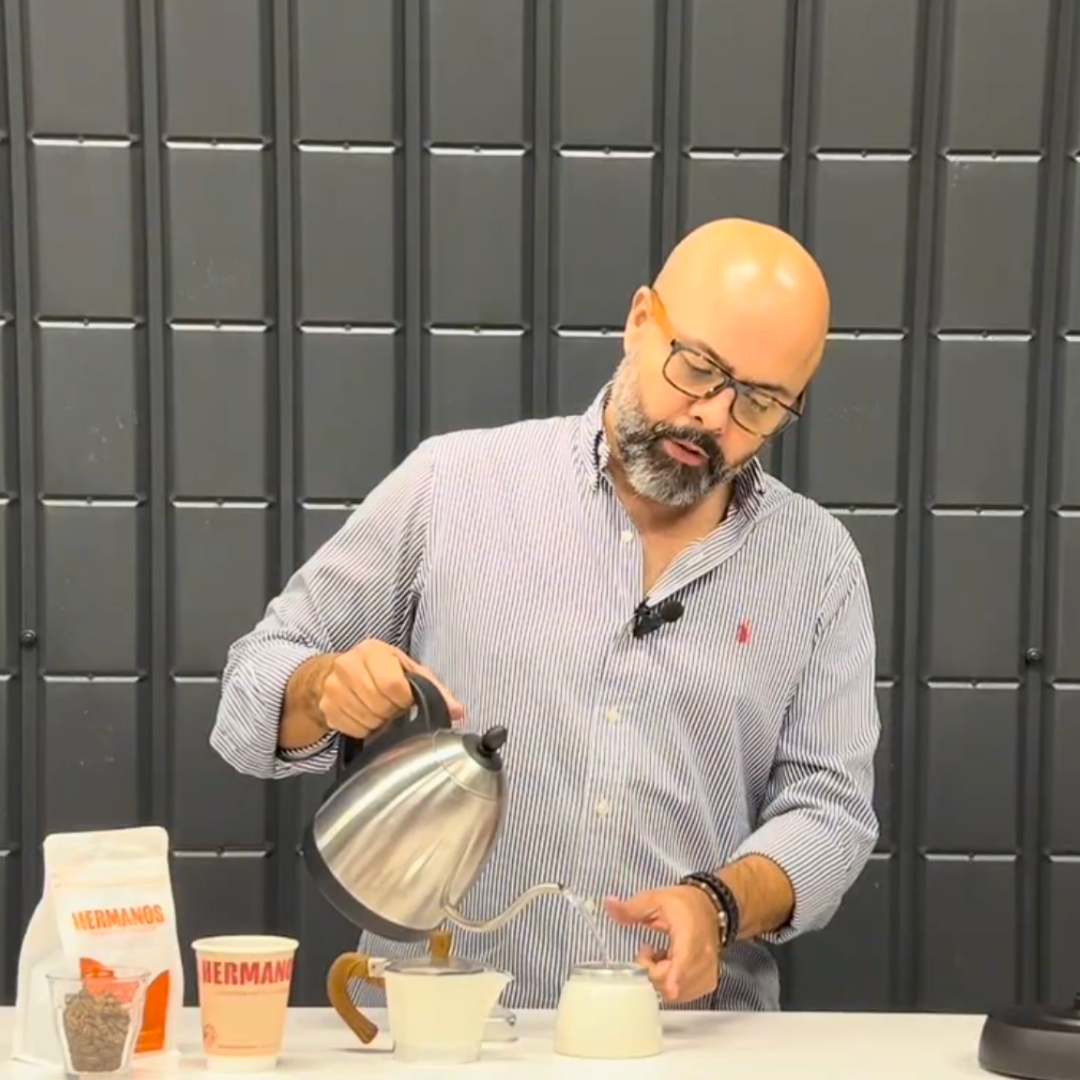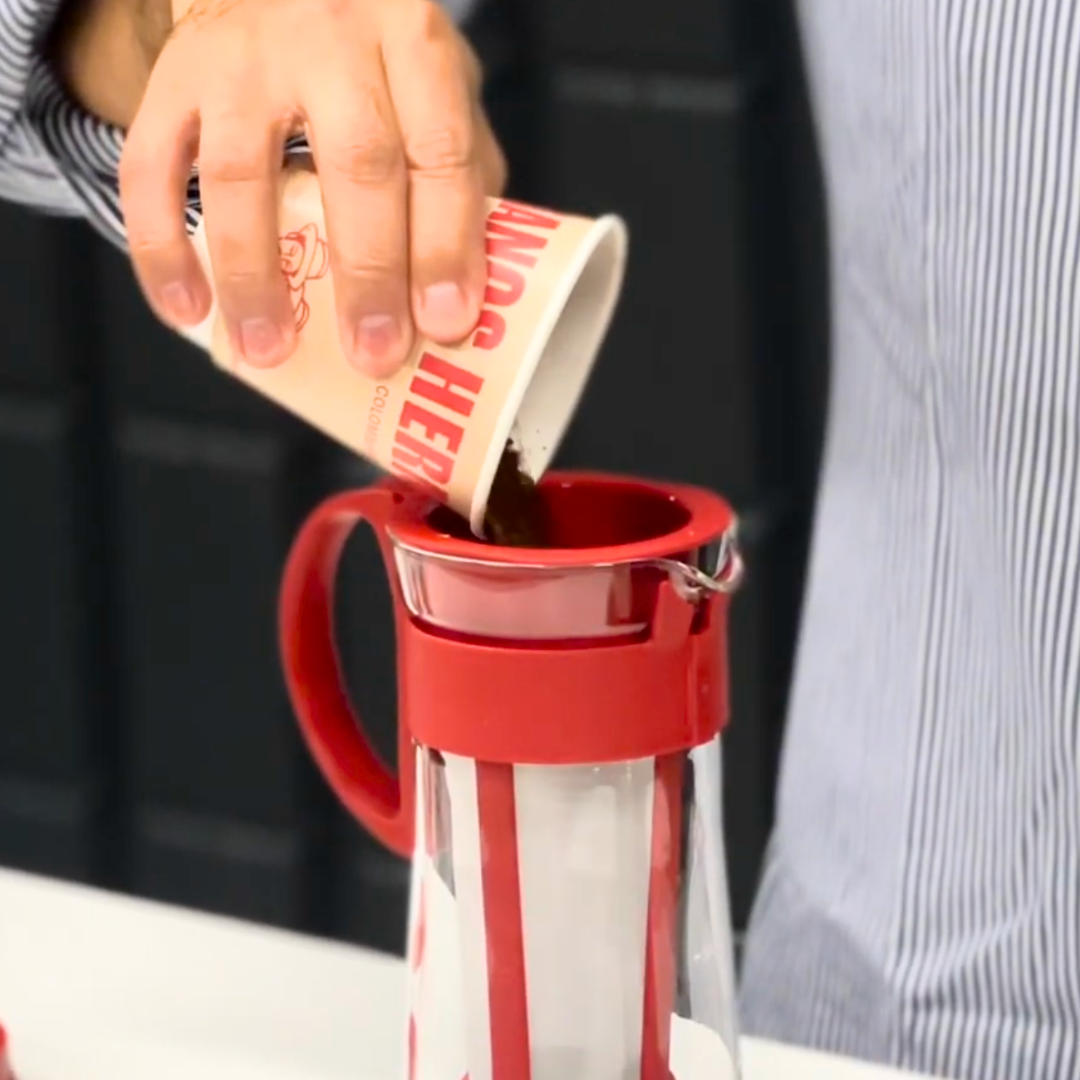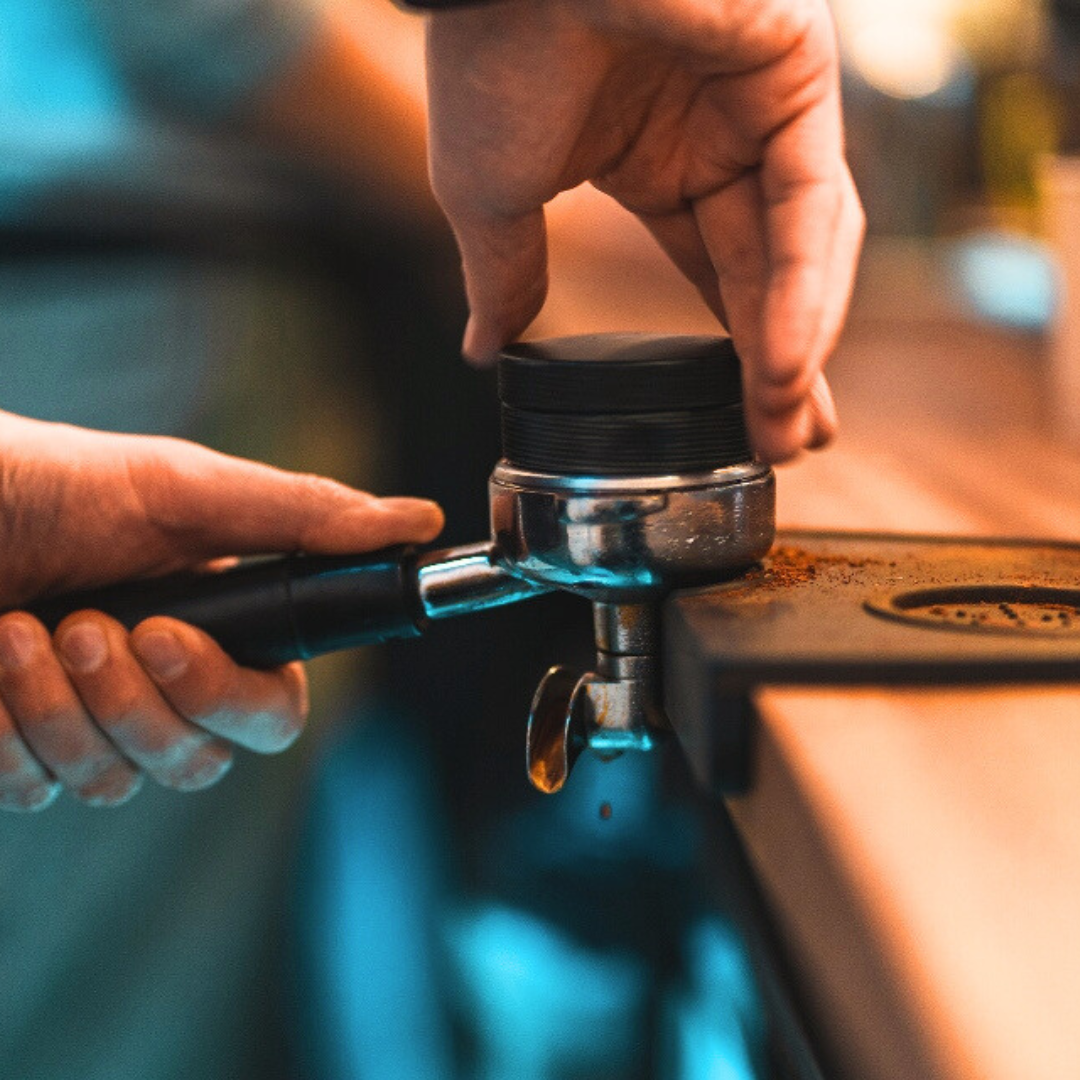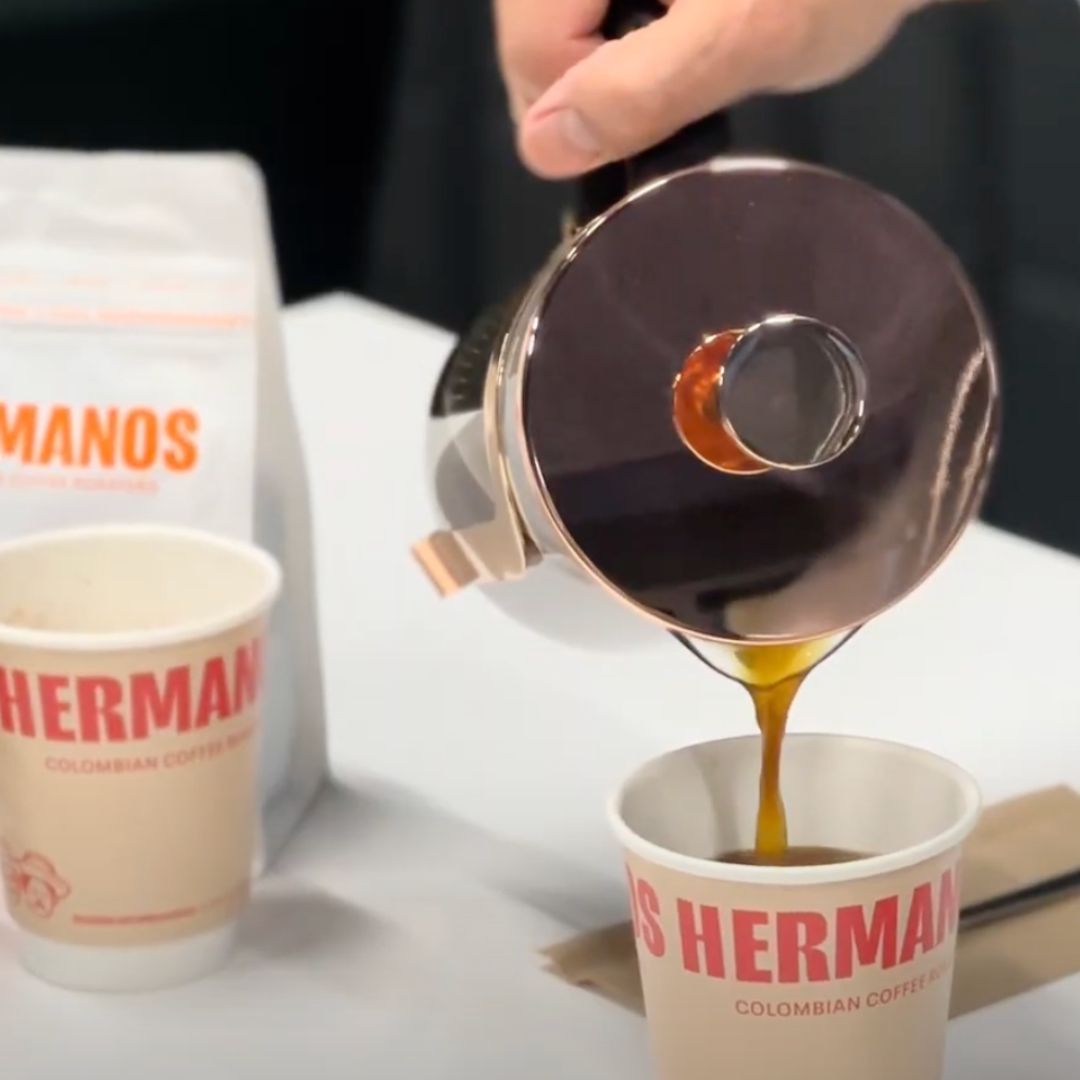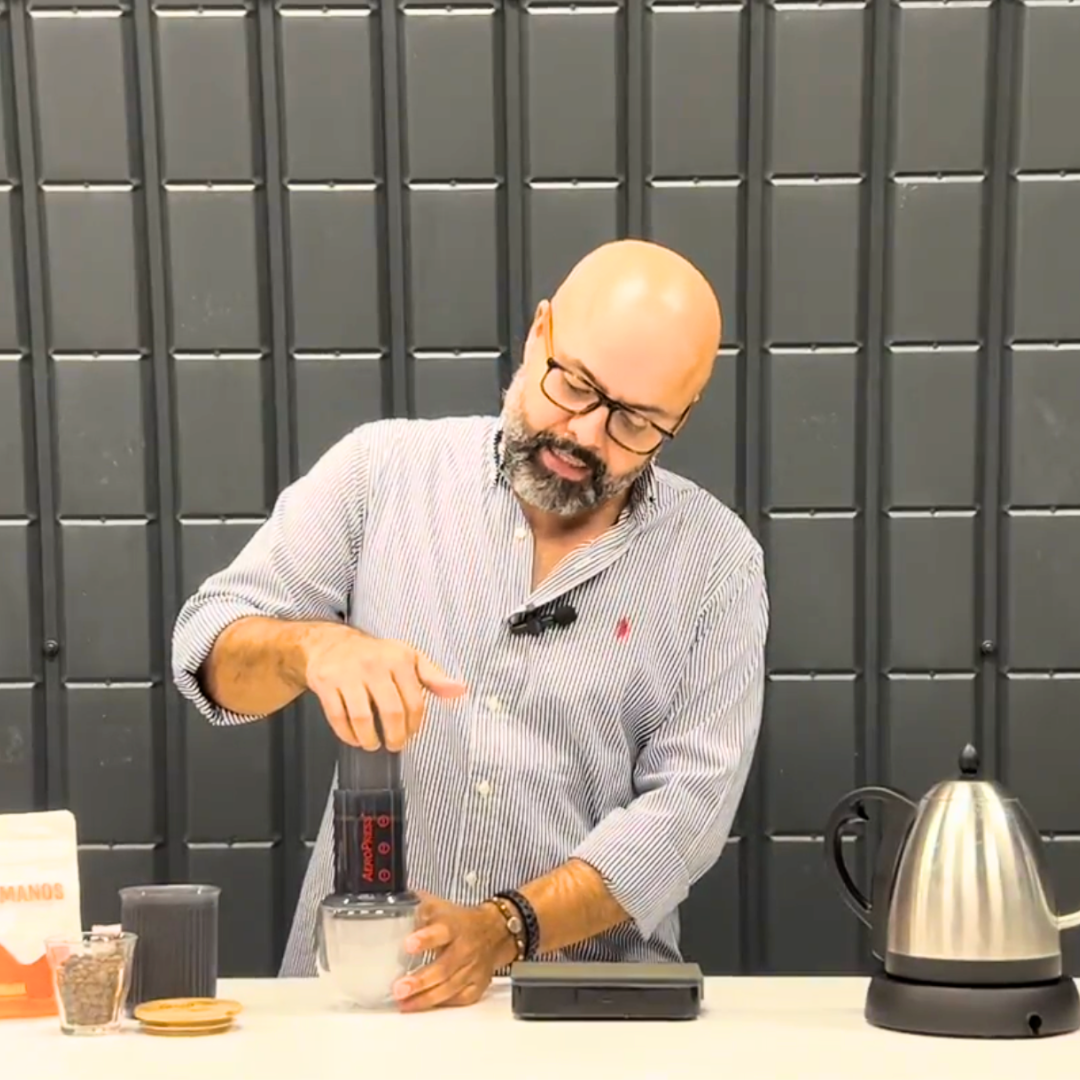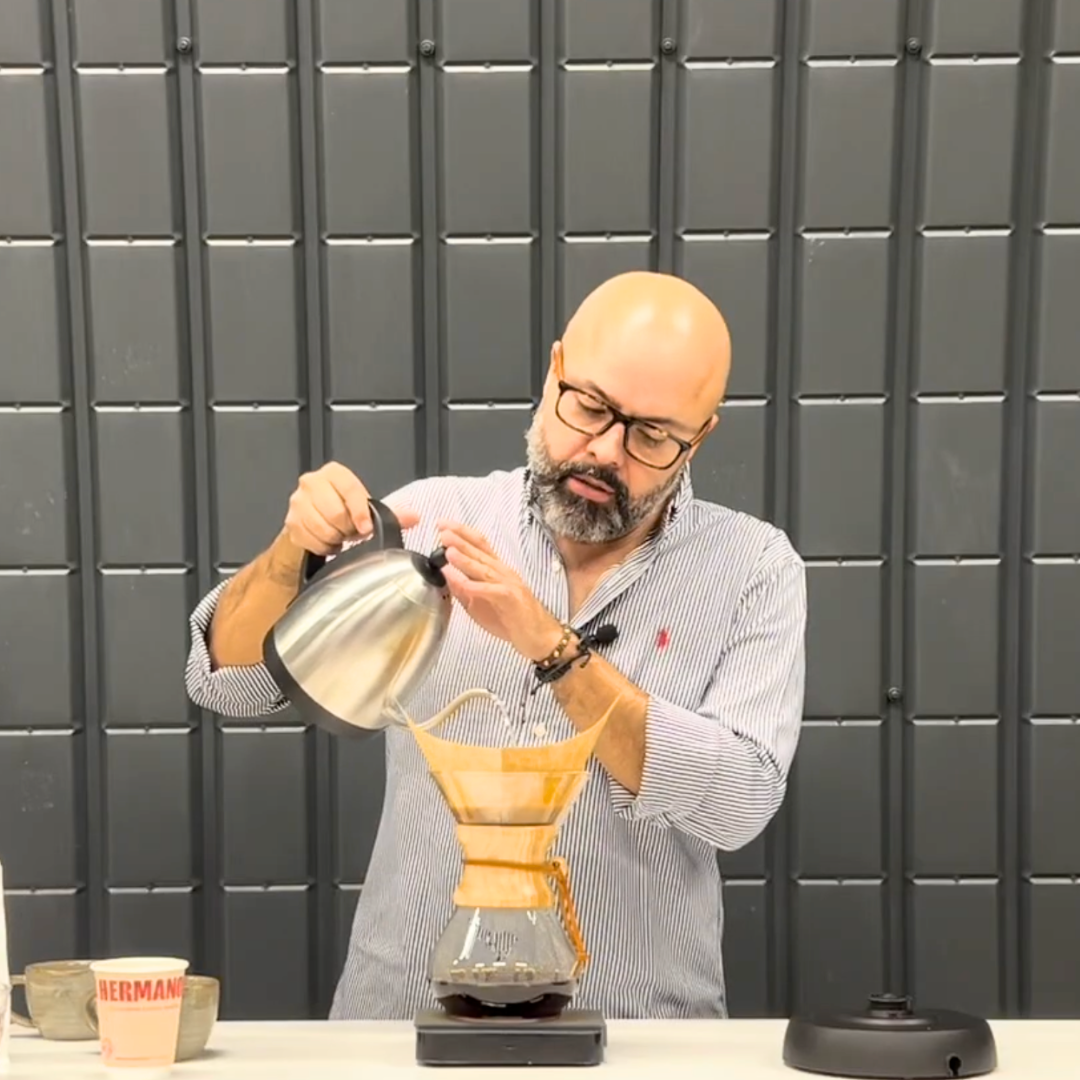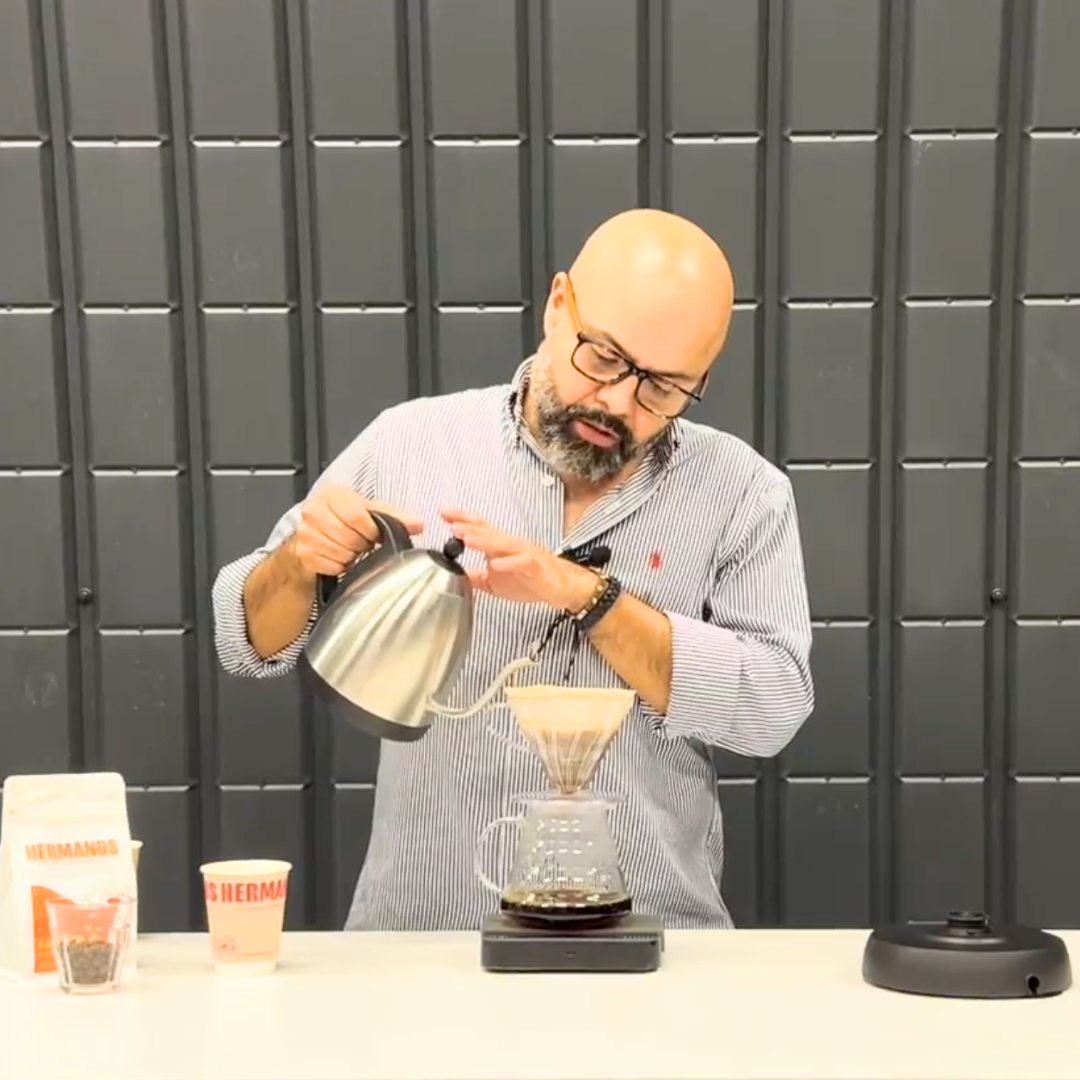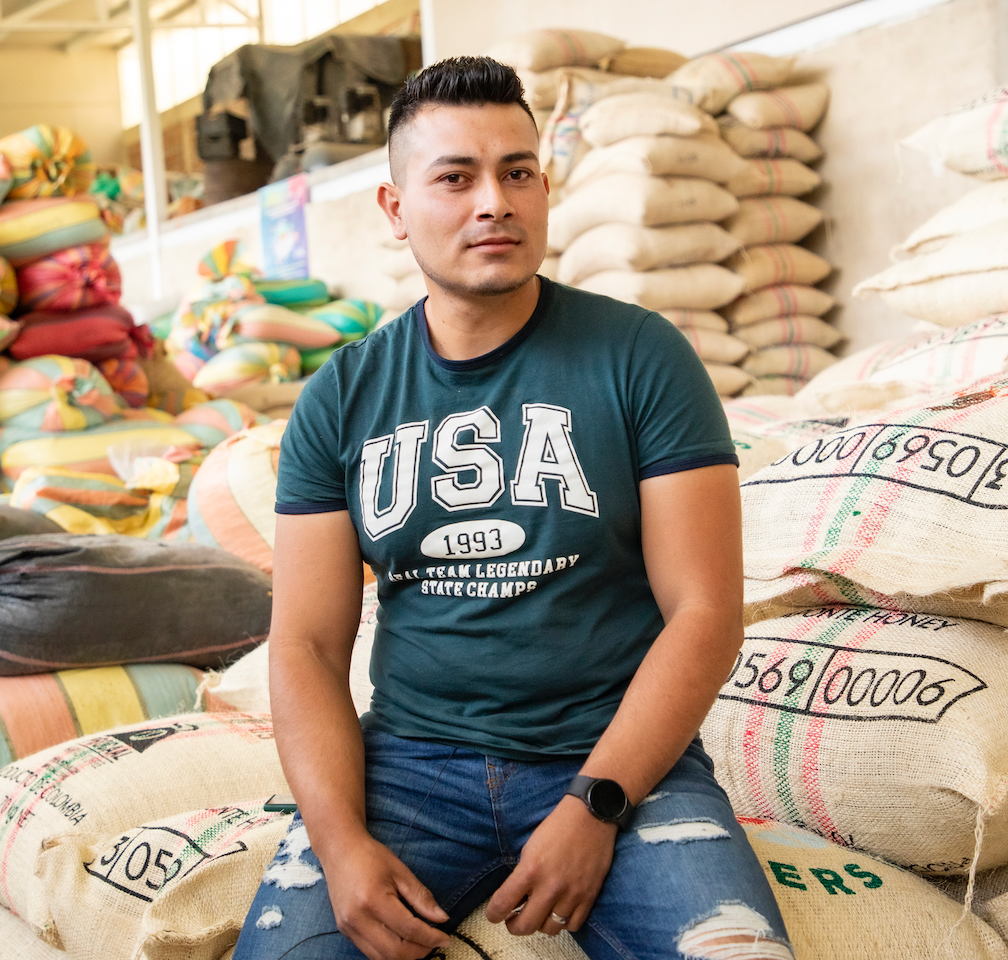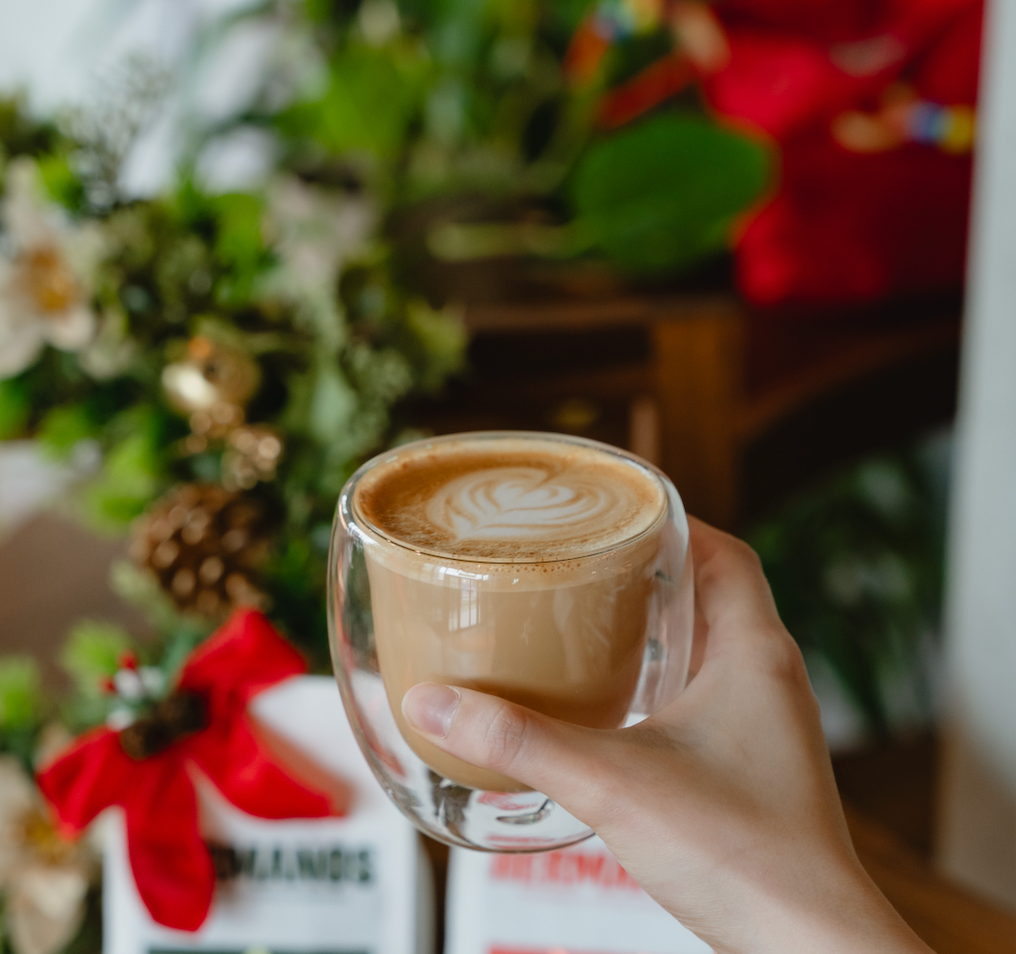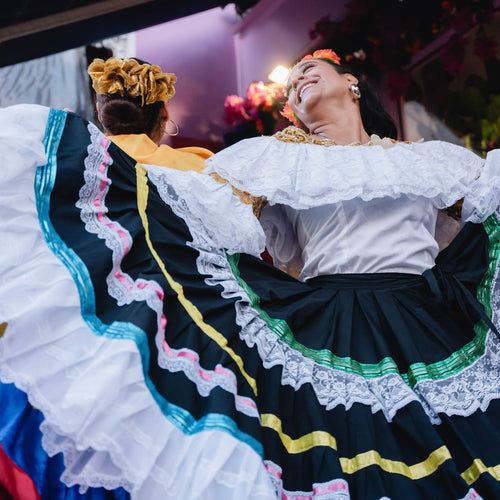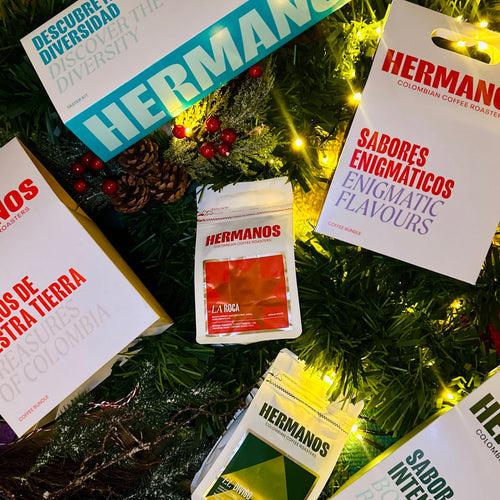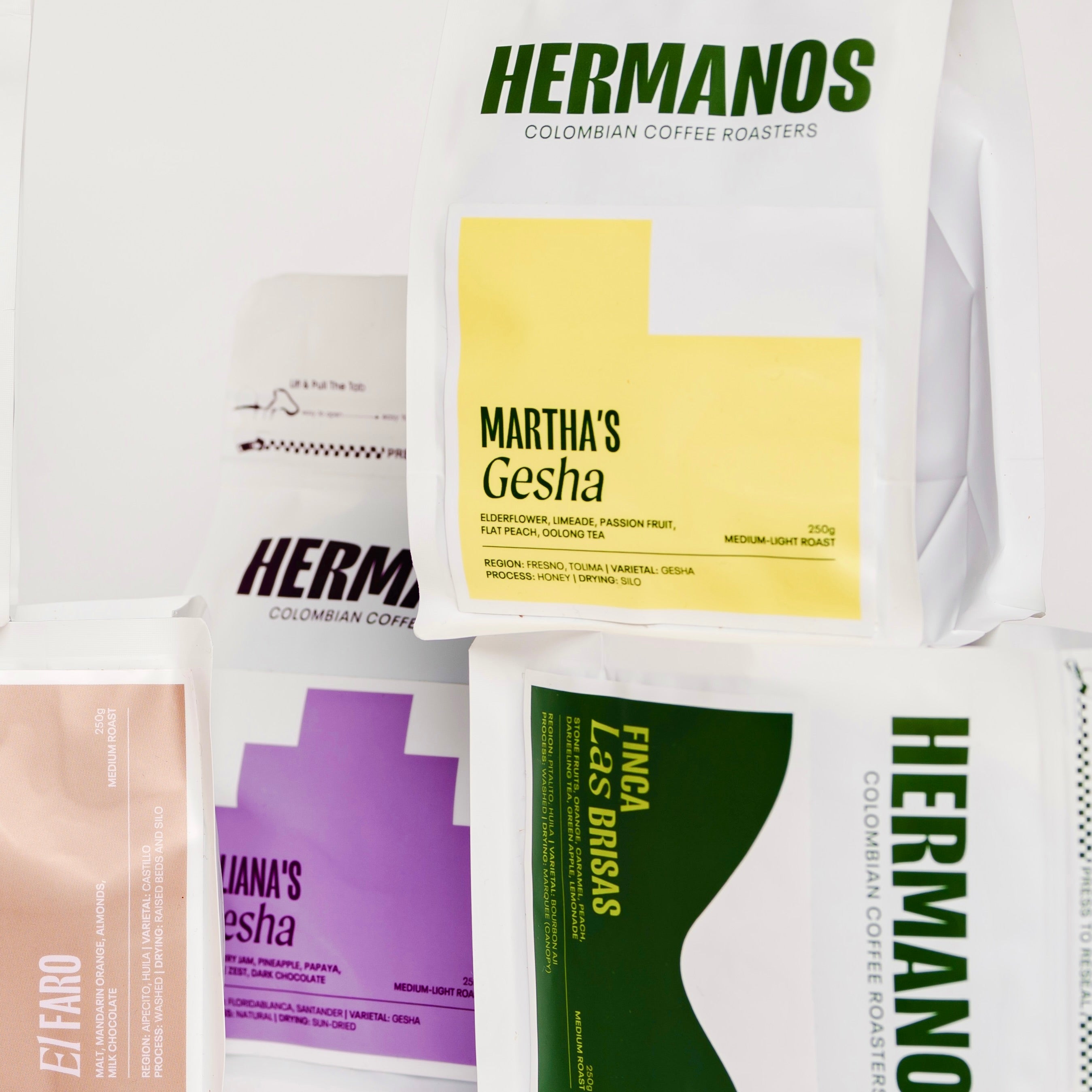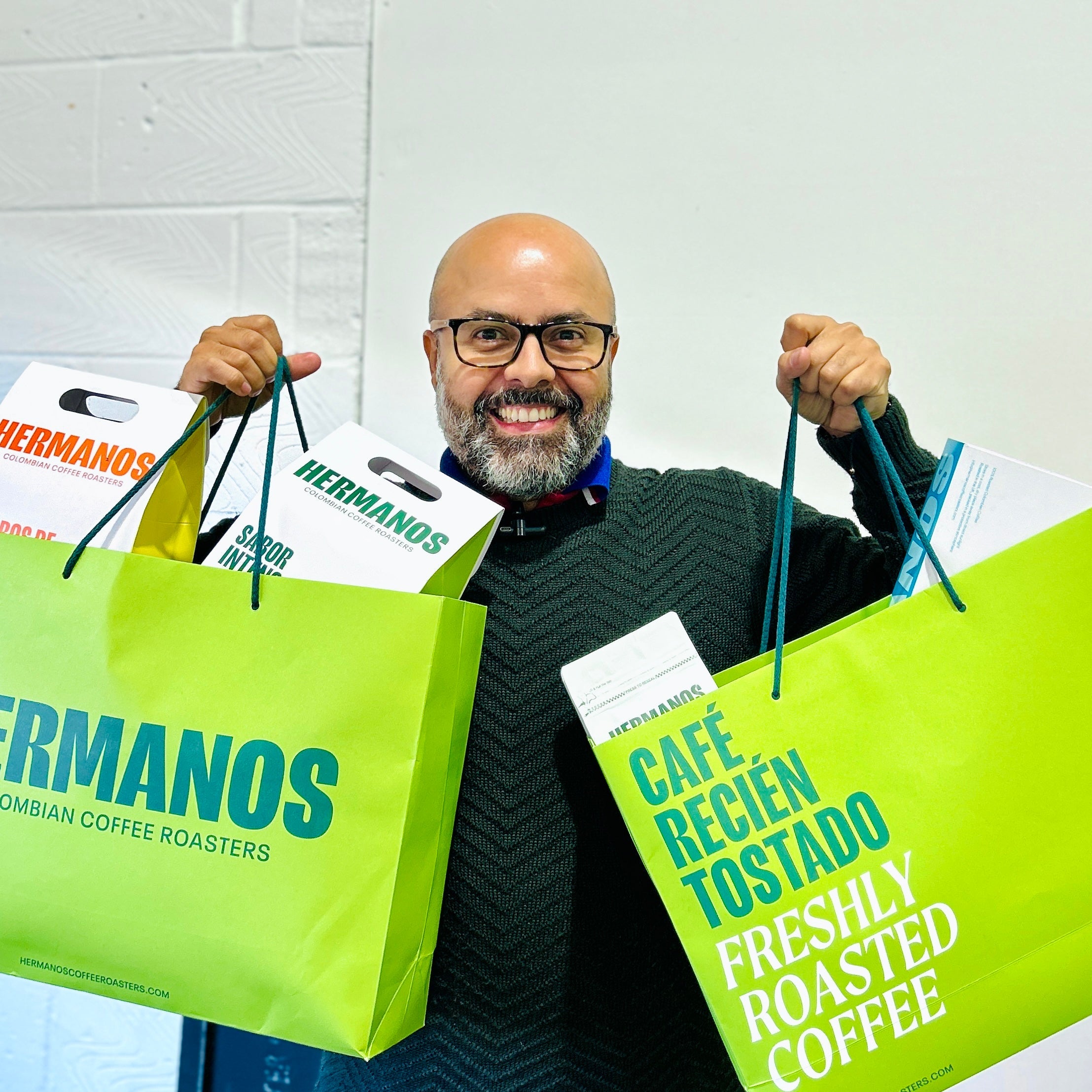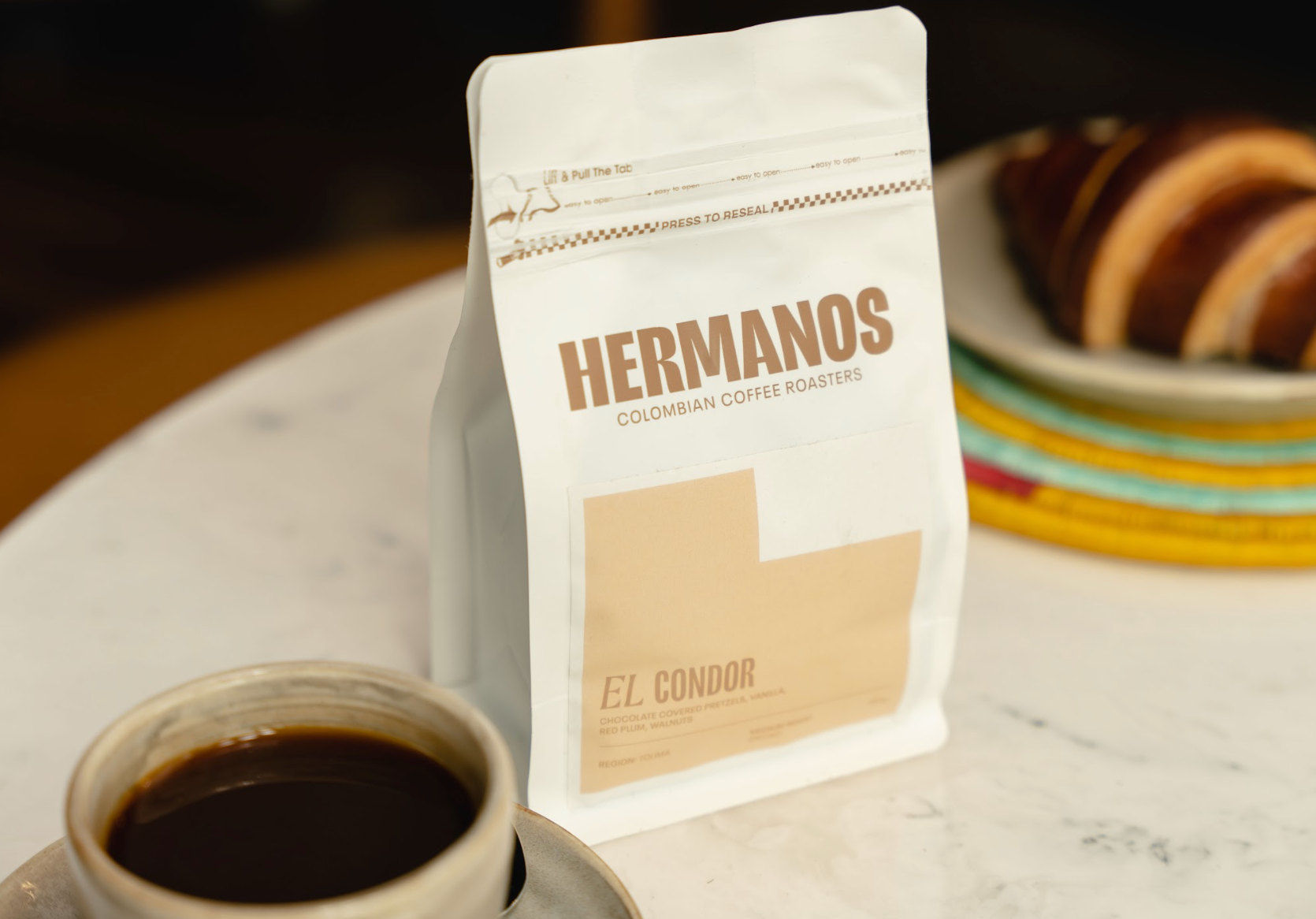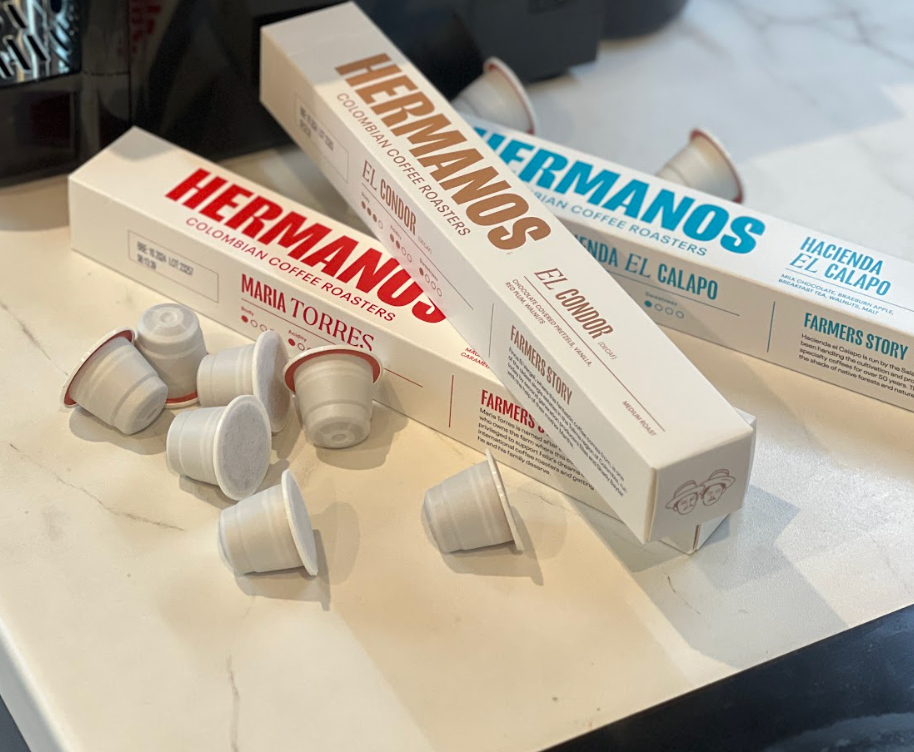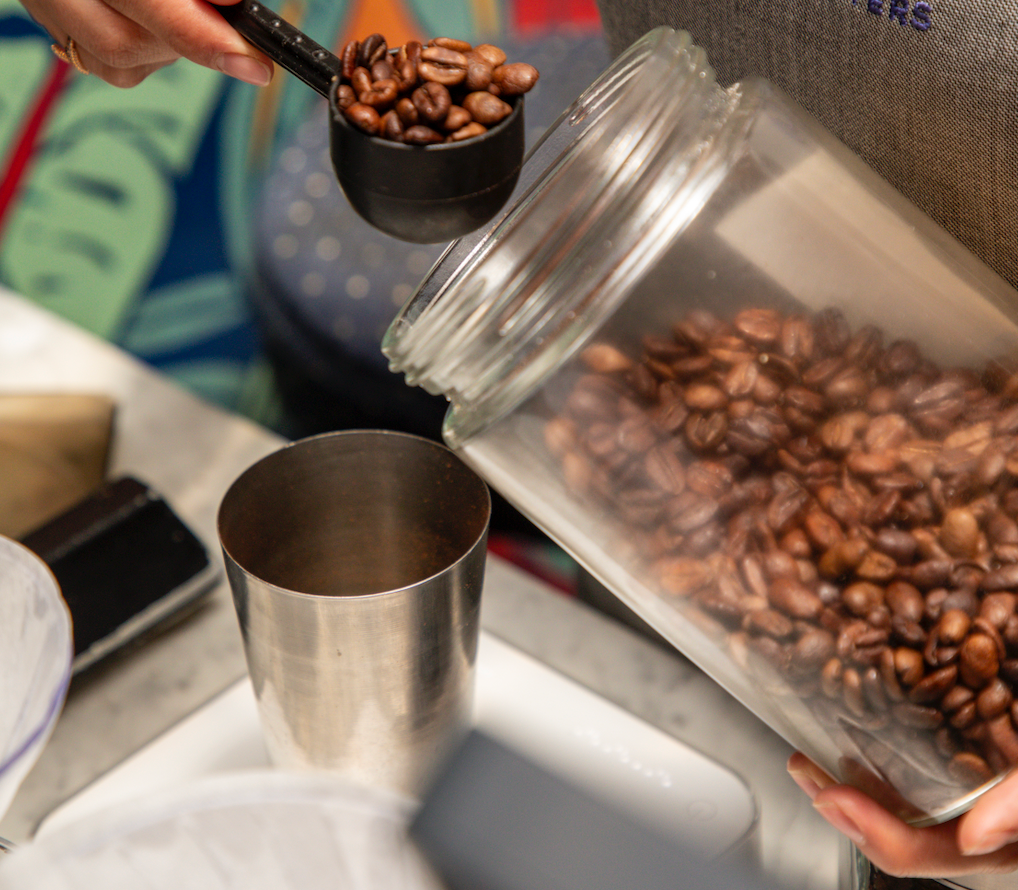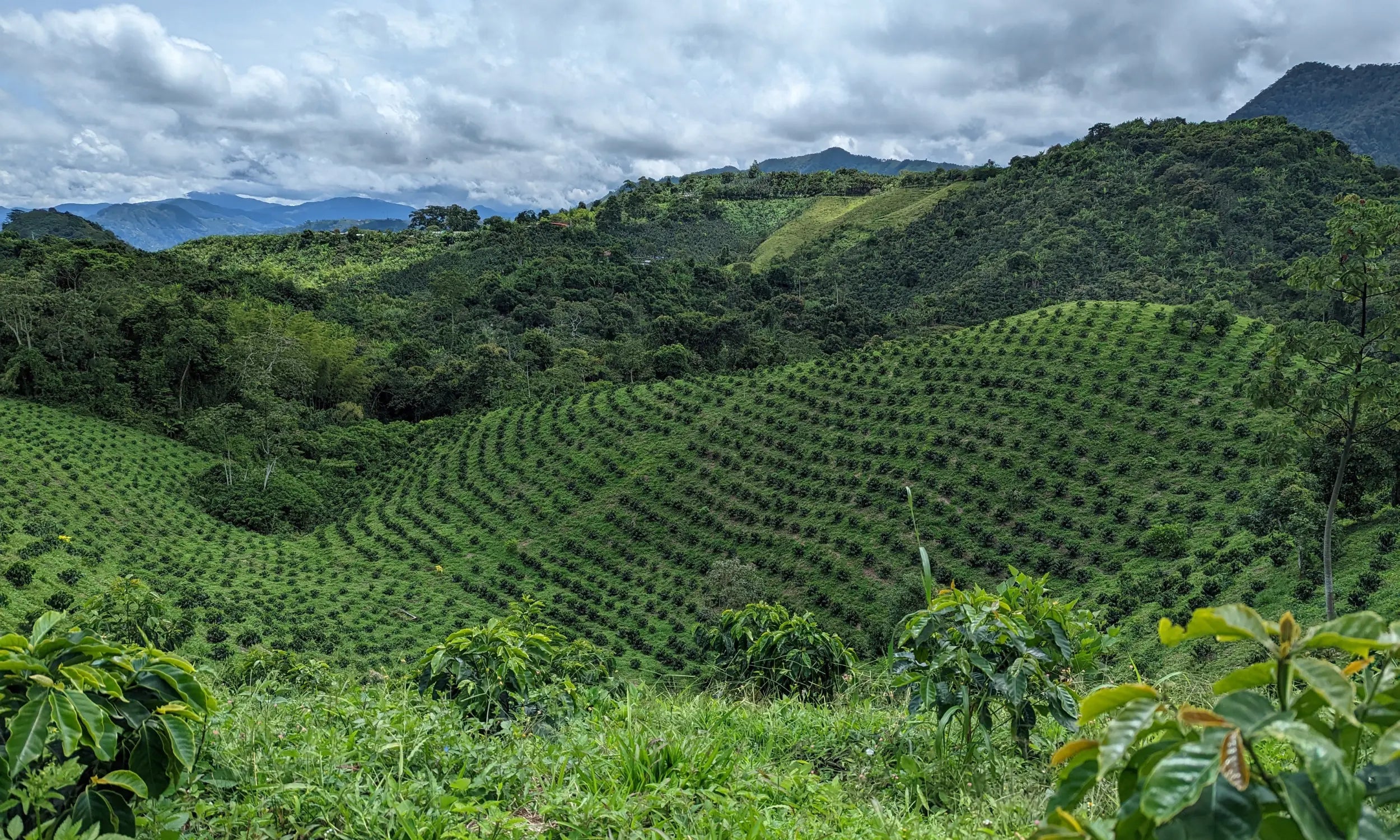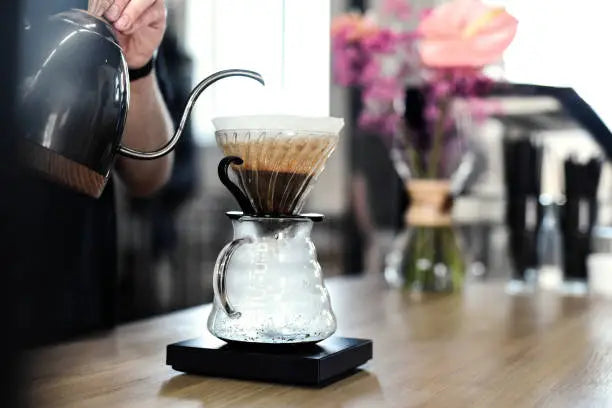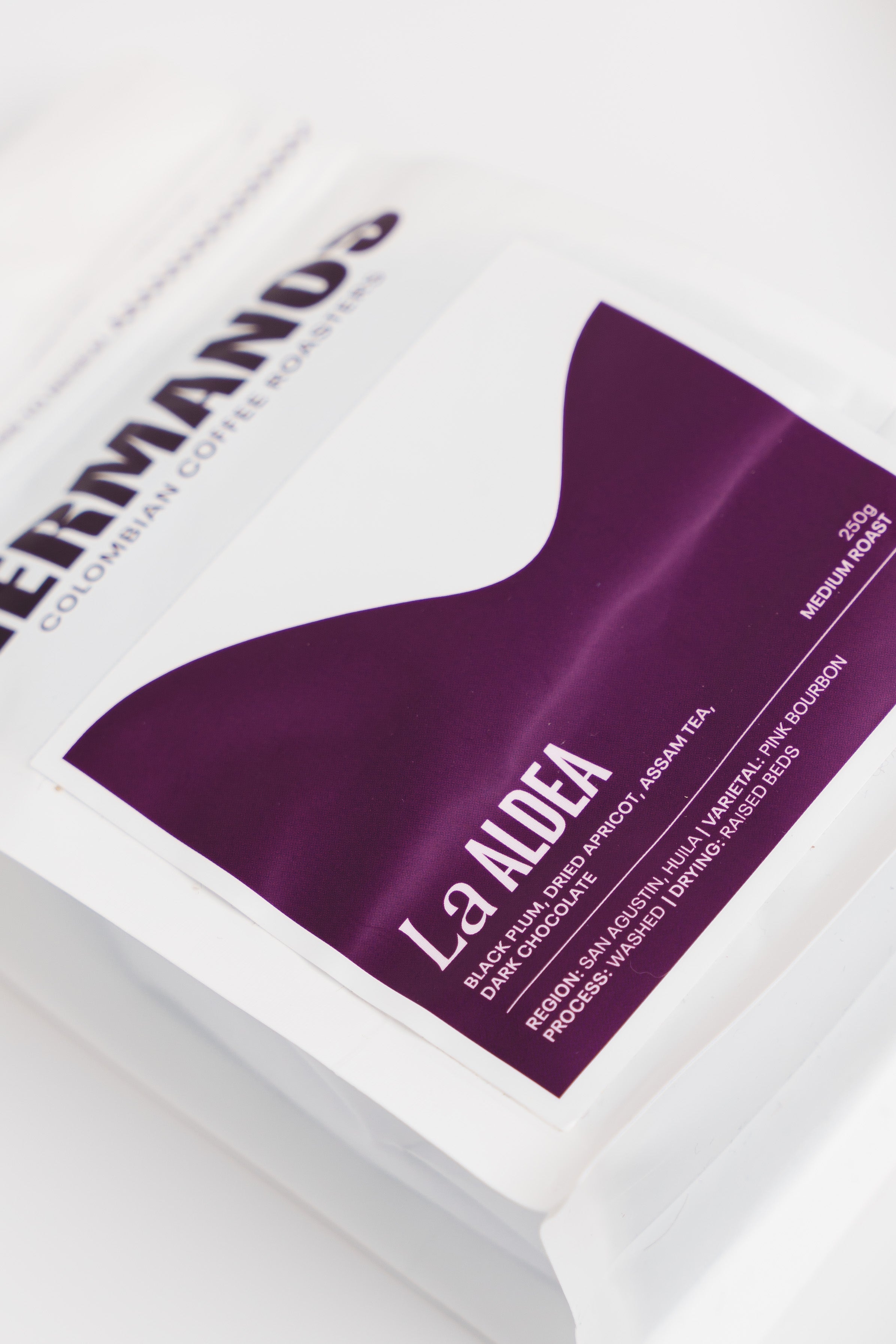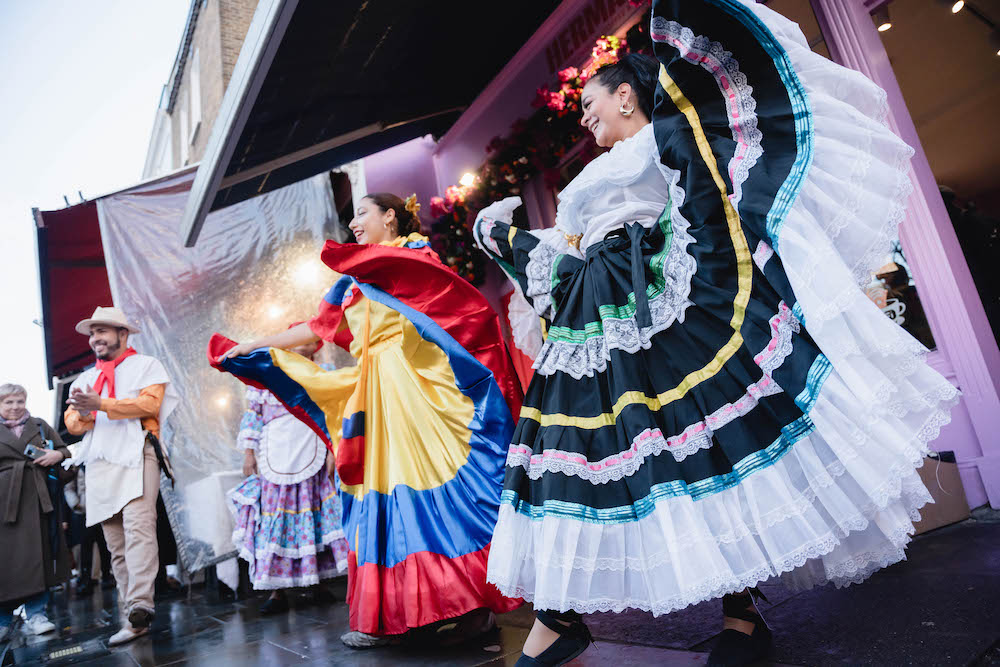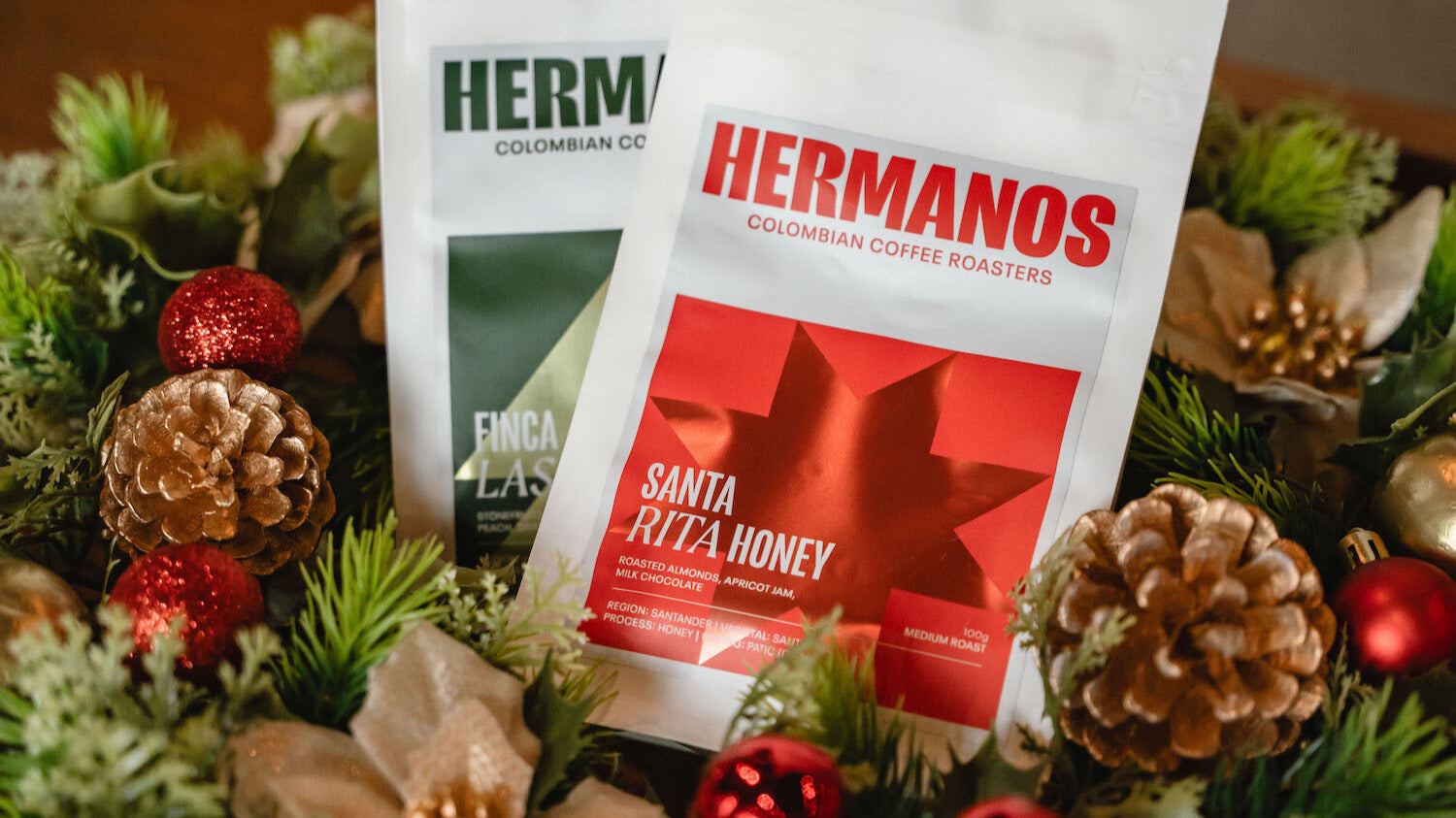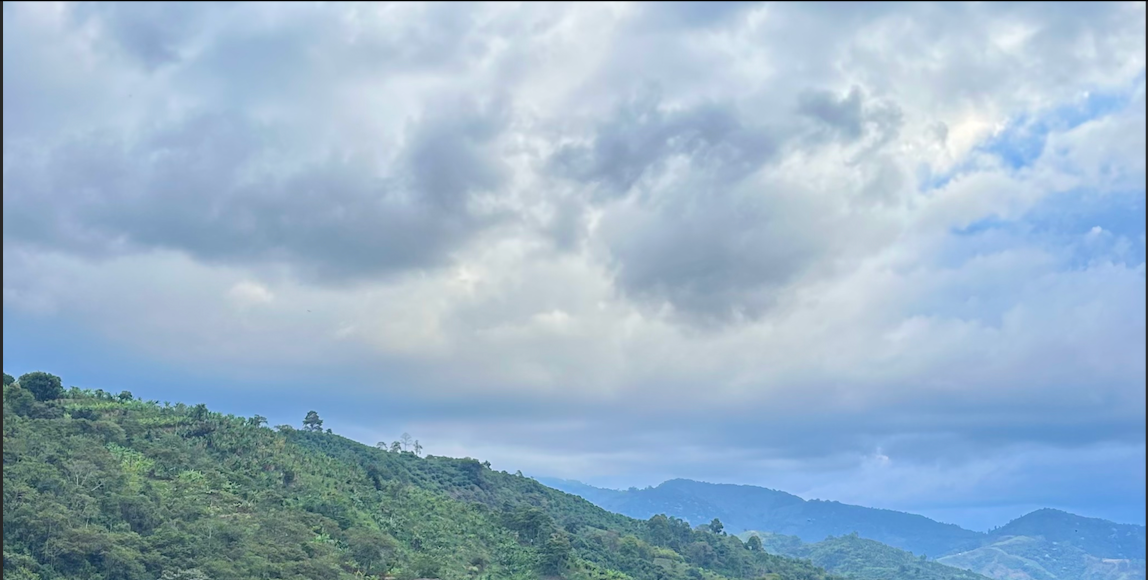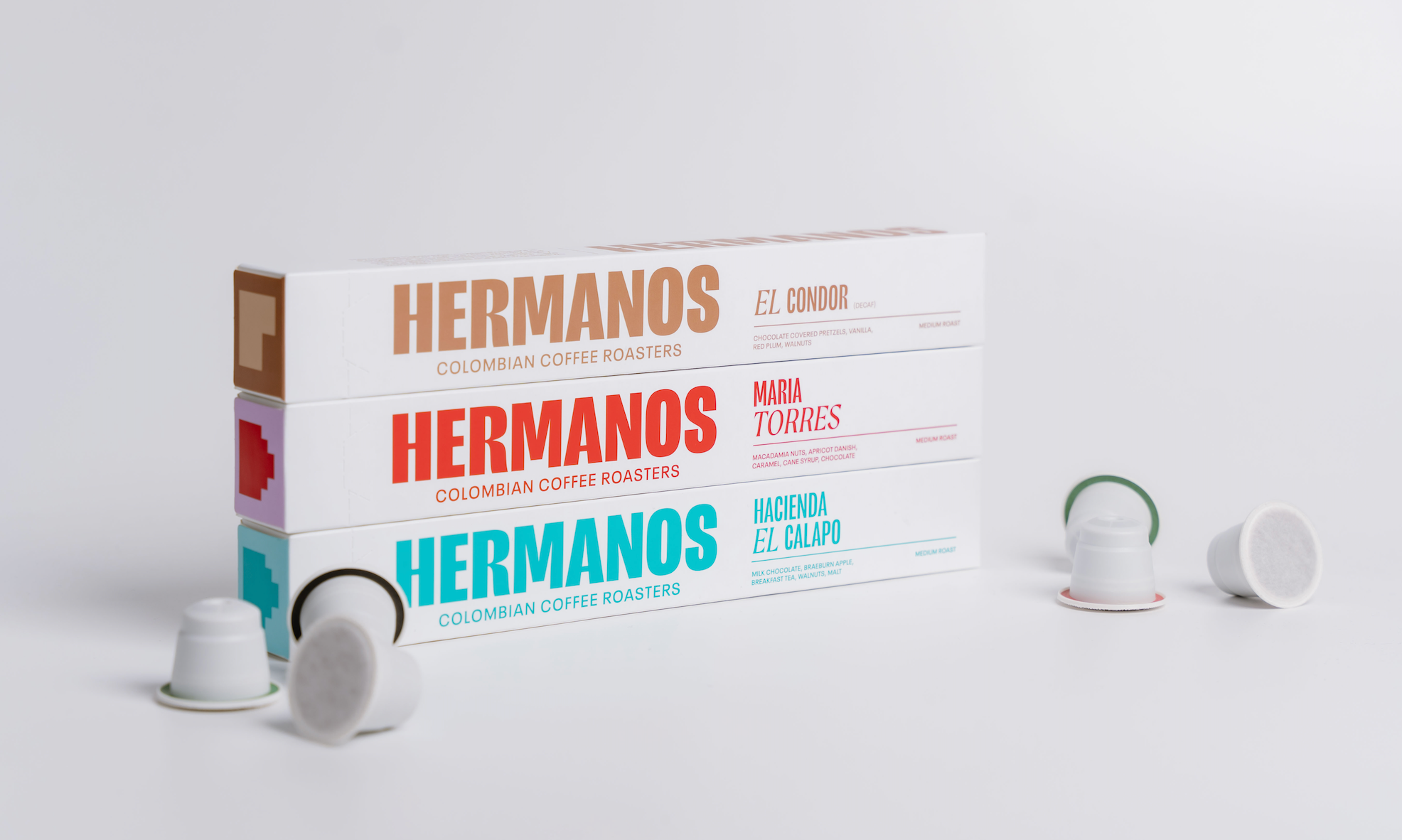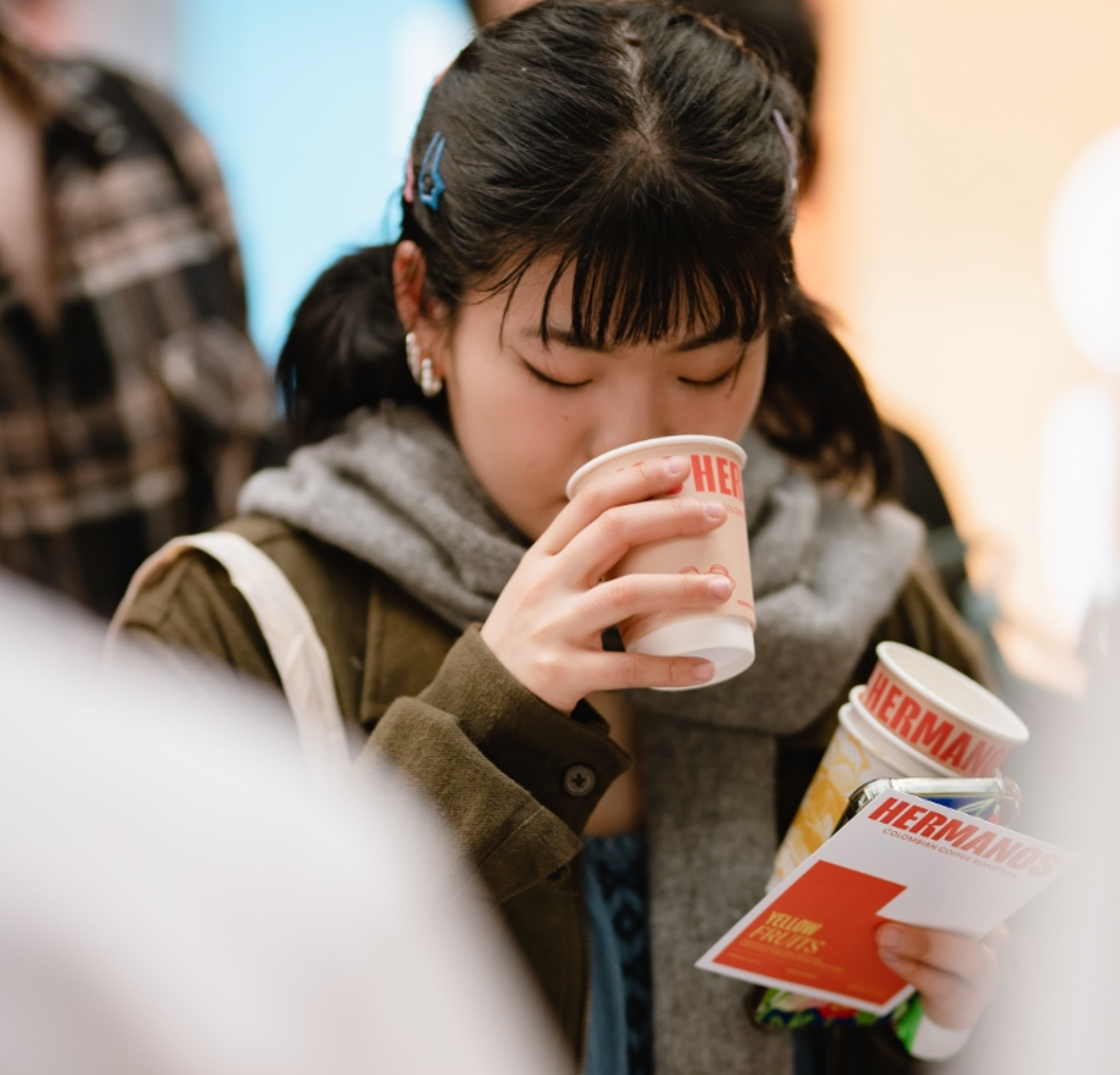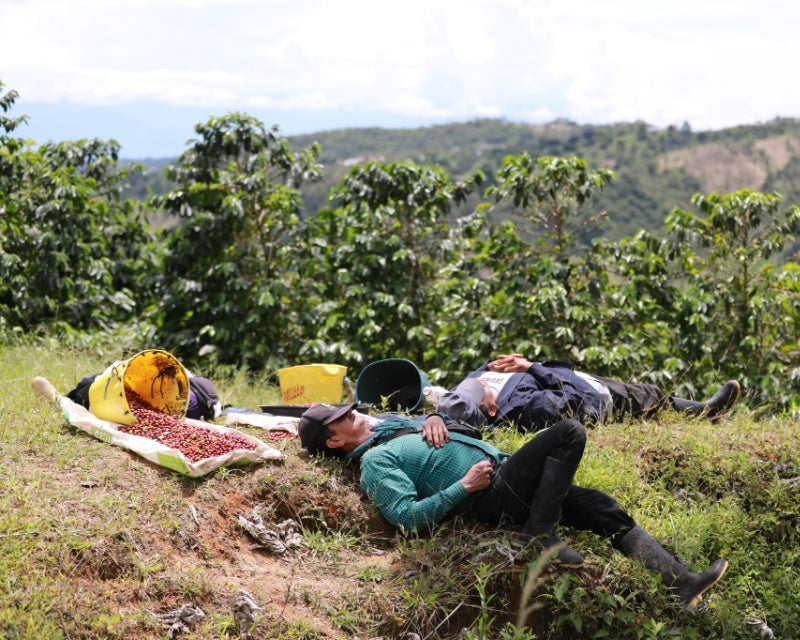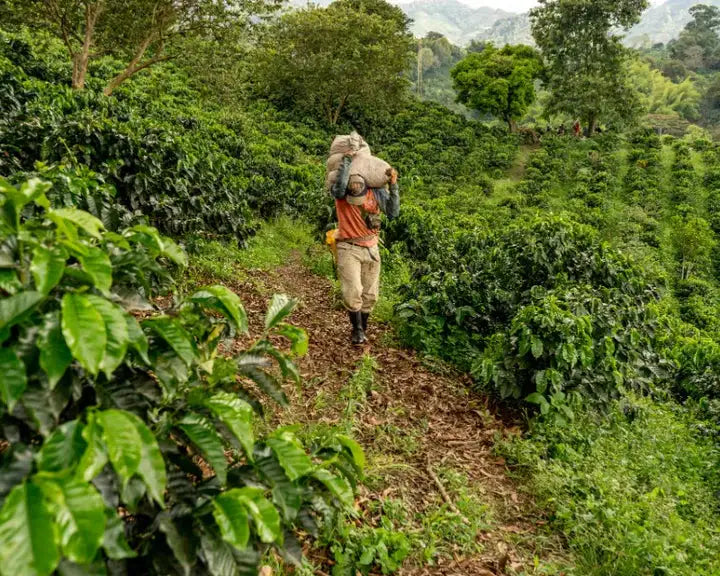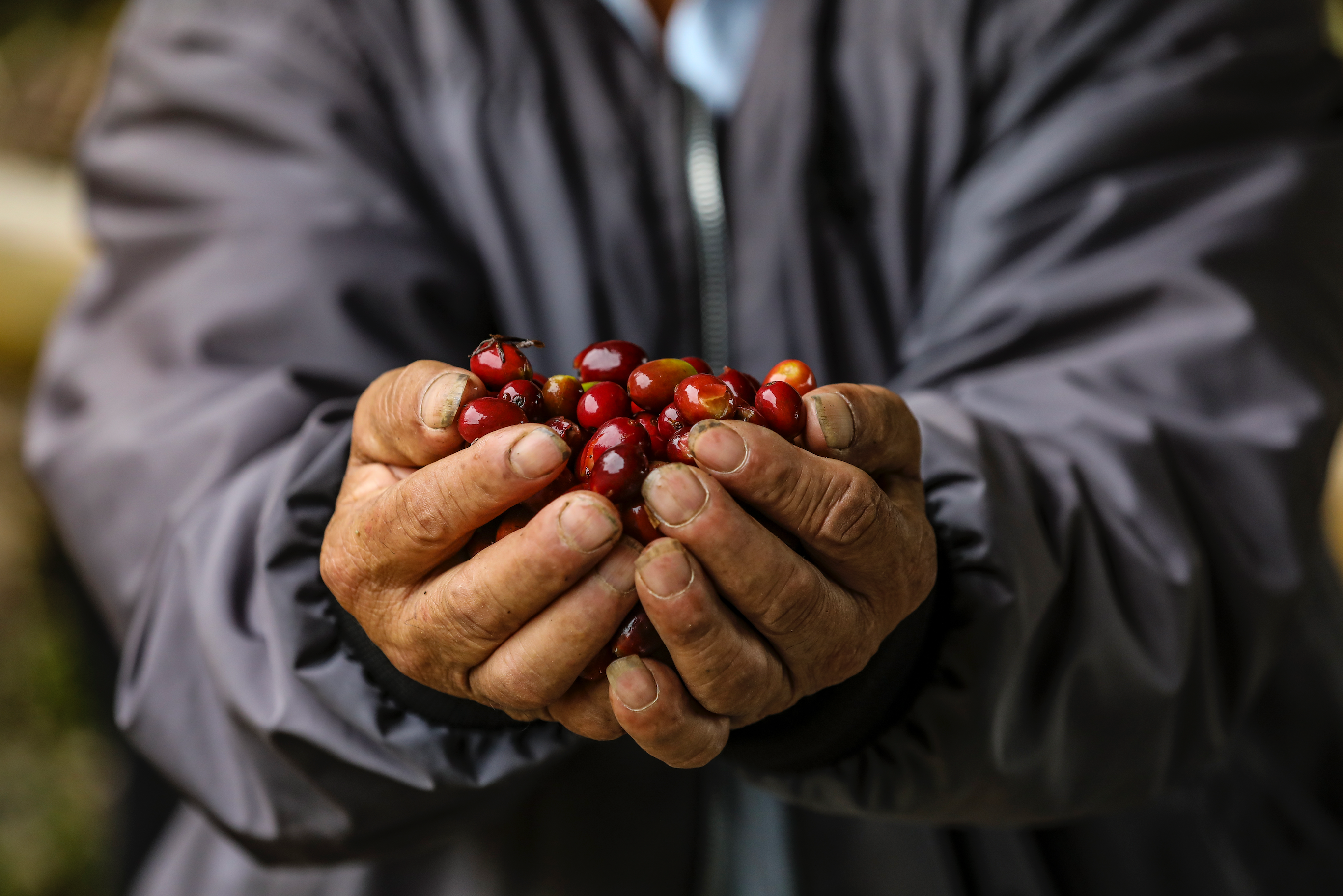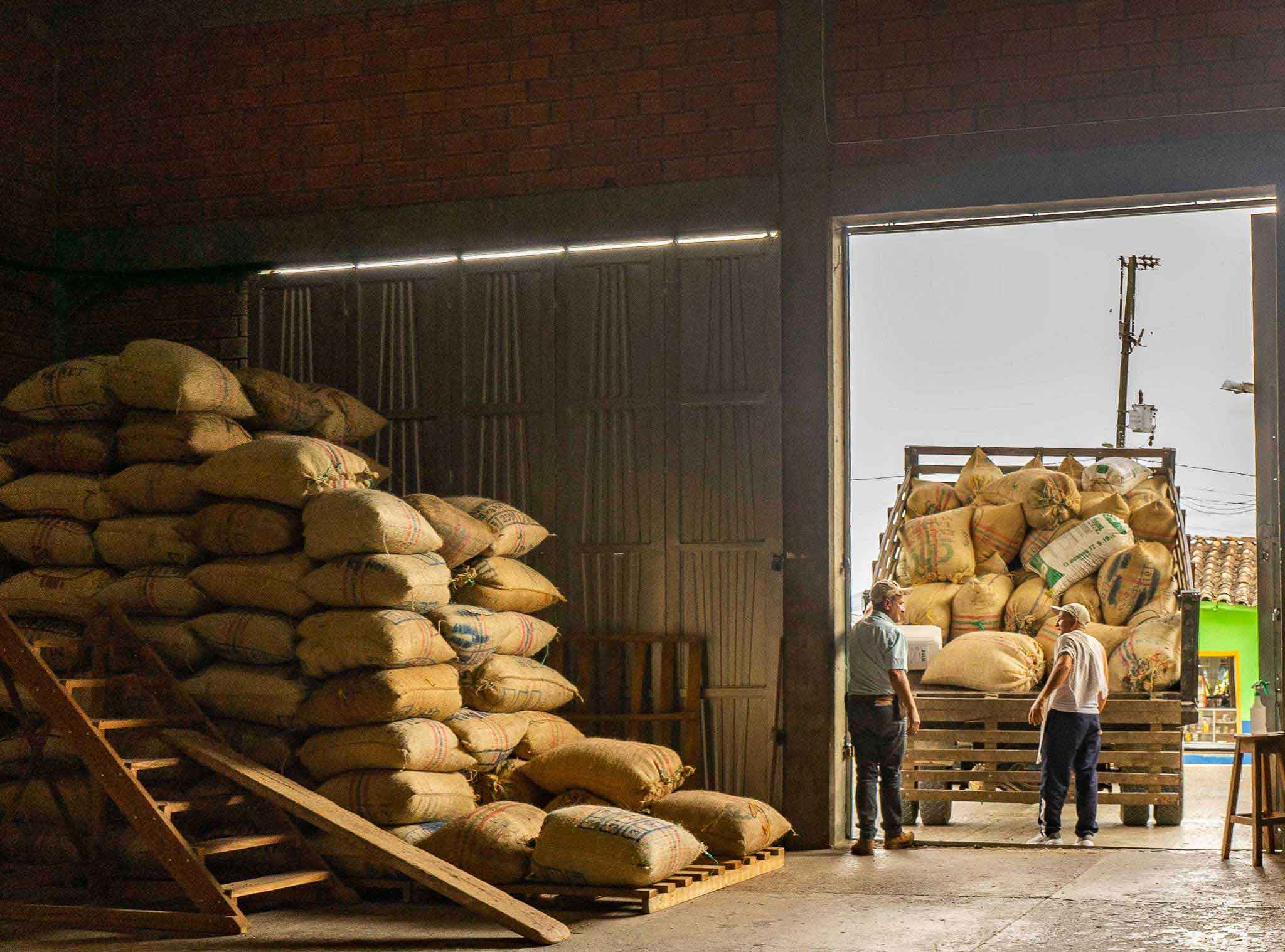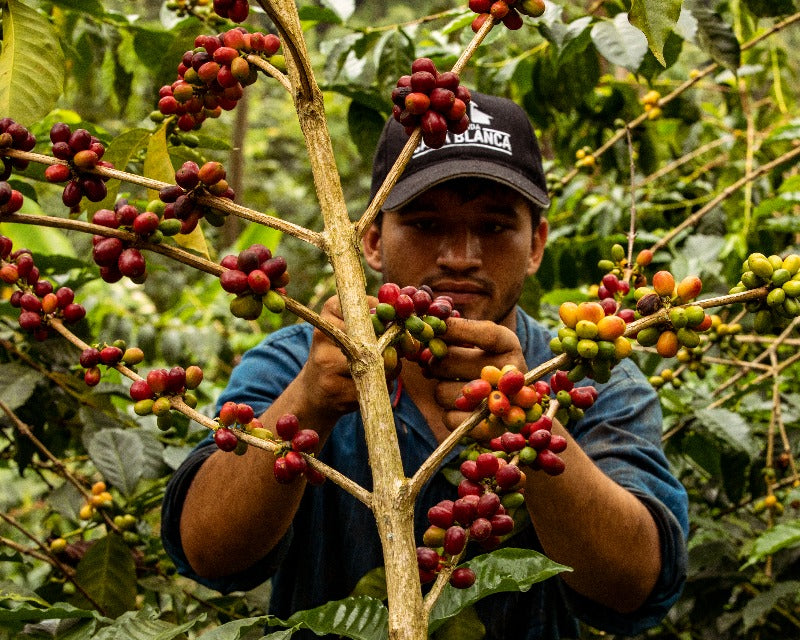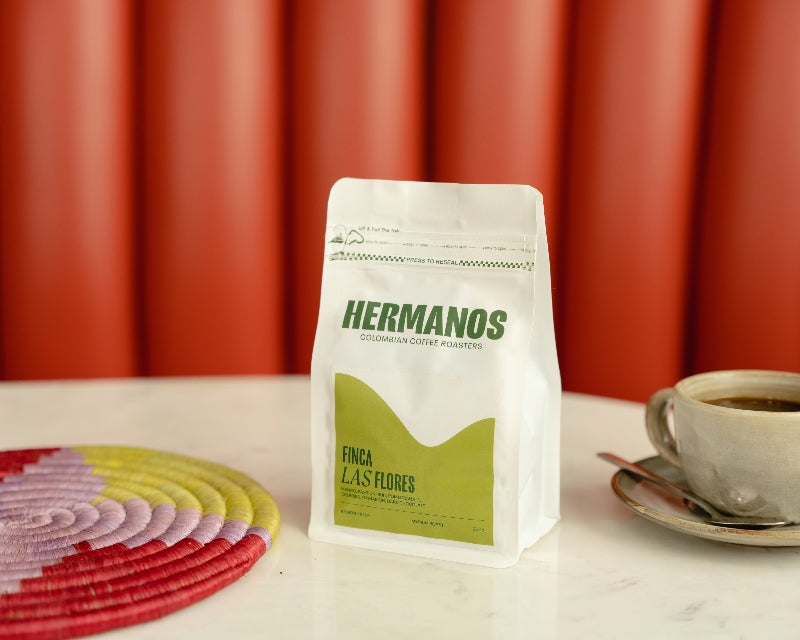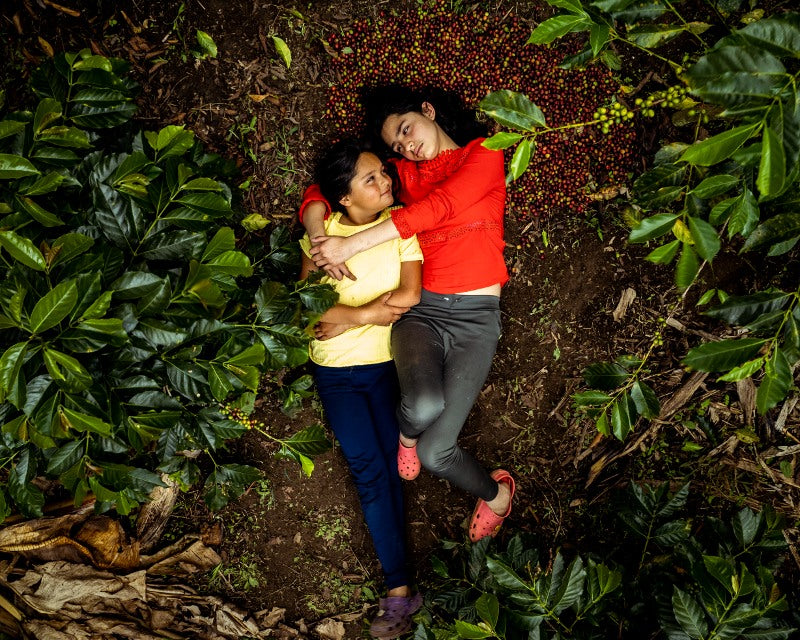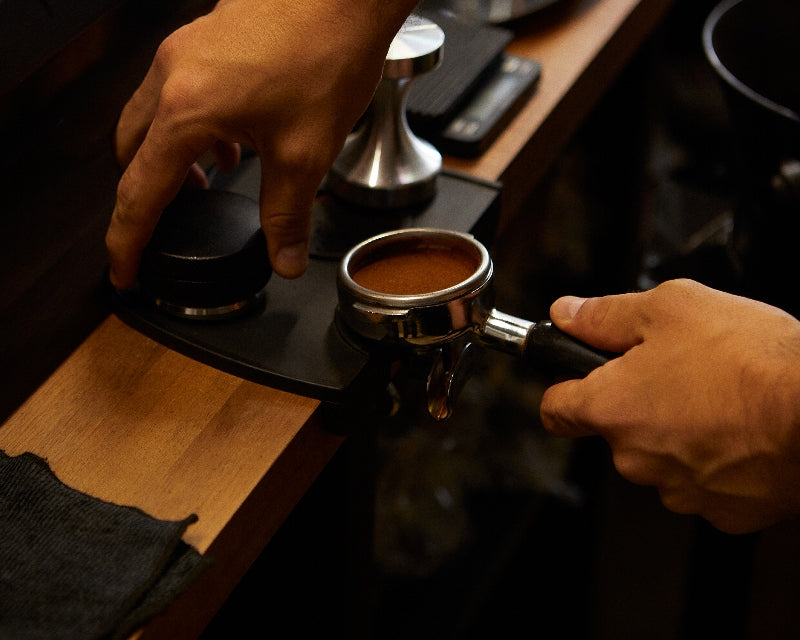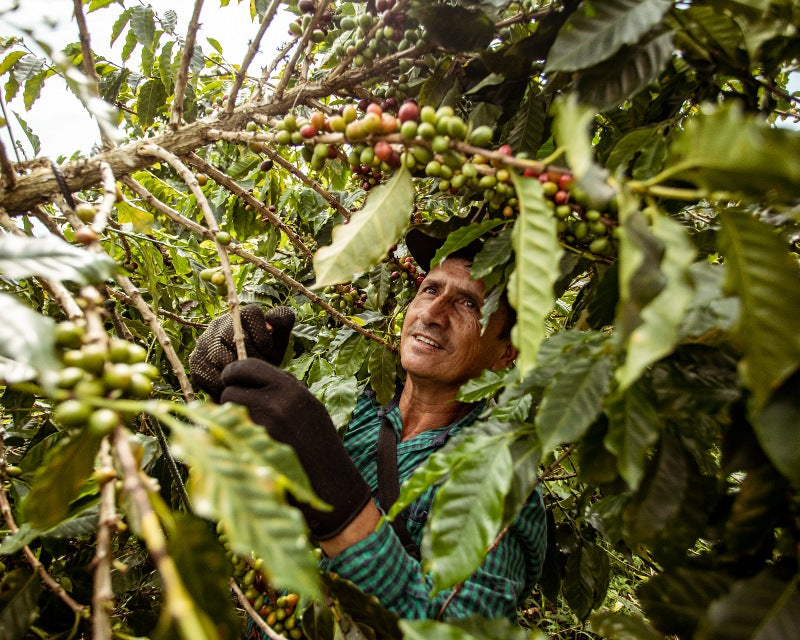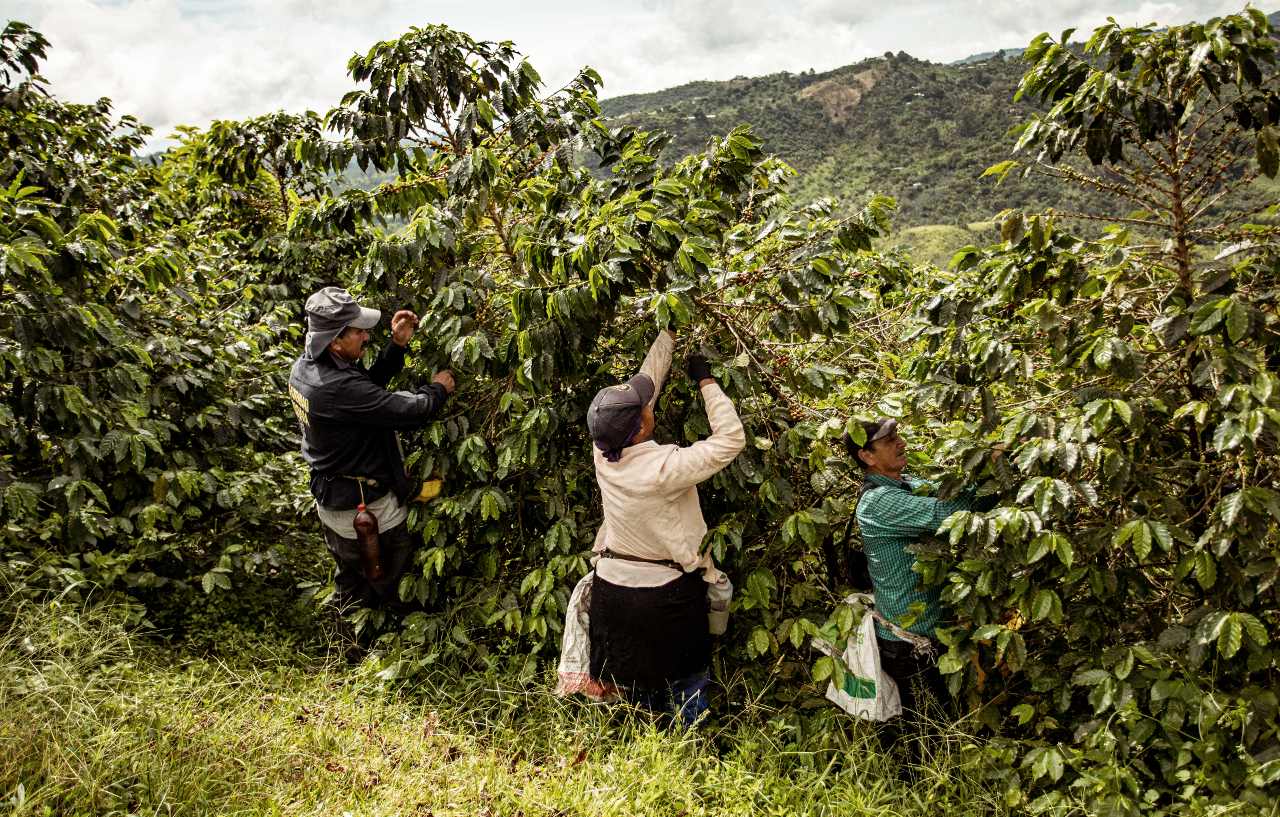From our countless trips back to Colombia, we have been privileged enough to experience firsthand the farms and estates where these beans are grown, sample mind-blowing coffees, and even share some of these beans with our community in the UK. But how does Colombian coffee compare to African coffee? We explore some of the main differences and similarities between the two, including roast, processing, and tasting notes.
The Fundamentals of Colombian Coffee

Colombia has a strong reputation for producing some of the world’s finest specialty Arabica coffee, and for good reason. Not only does the country export vast amounts of coffee each year, but the coffee produced is of such high quality thanks to the environment, altitude, and commitment of the farmers.
The coffee-growing regions of Colombia benefit from coastlines, rainforests, mountain ranges, ideal cloud coverage and rainfall, high humidity levels and more; all of which contribute to the perfect growing conditions for Arabica coffee.
The diversity of Colombian coffee is incredible, and it would be difficult to ascertain that all beans from the region are similar. The tasting notes, mouthfeel, aroma, and acidity of a coffee will all be unique according to where it was grown, how it was processed, and its roasting time.
Find Out What Makes Colombian Coffee Beans So Special
The Fundamentals of African Coffee

With Africa being the world’s second largest continent, generalising the characteristics of coffee grown throughout its countries would be impossible. Having said that, there are some basics we can brush up on to aid an understanding of the fundamentals of coffee growing in Africa.
Ethiopia, located in Eastern Africa, is widely acknowledged to be the birthplace of Arabica coffee. The story goes that a goat herder named Kaldi discovered coffee after his goats ate the cherries. Other tales dictate that the nomadic Oromo people were the first known coffee drinkers. Whichever story you believe, it all leads to the same conclusion – that coffee originated in Africa.
Nowadays, coffee beans are grown all over Africa, in countries such as Ethiopia, Kenya, Democratic Republic of Congo, Uganda, Burundi, Zambia, Malawi, Rwanda, and many others. Each country will produce distinctive and unique beans, with their own tasting notes and attributes, depending on farming traditions and climate.
The Key Similarities and Differences Between Colombian and African Coffee Beans

Climate
Both Colombia and coffee-producing countries in Africa are situated within the coffee belt, which means they (for the most part) benefit from consistently warm temperatures and other conditions, such as moderate rainfall, which are advantageous to growing coffee.
A lot of coffee from East African countries such as Ethiopia, Tanzania, and Kenya, benefits from the volcanic soil present in the area. The soil is full of nutrients and makes for very fertile crops.
Roast
Coffee beans can be roasted to varying levels, namely light, medium and dark. These terms refer to the amount of time and heat that beans are subjected to, which triggers chemical reactions necessary to unleash dormant flavours and aromas. Coffee roasting is often likened to toasting a slice of bread, in that the longer and more intensely you apply heat, the darker the bean will turn in colour and the farther away it will move from its original qualities and state.
At Hermanos, we roast all of our beans to medium, medium-light, or light levels, as we believe in conserving and showcasing the original flavours and qualities of the coffee beans that our farmers spend time growing and processing.
Likewise, many African coffee beans benefit the most from a light or medium roast, so that particular tasting notes or aromas can be experienced. However, Robusta beans grown in African countries will often be dark-roasted and sold in blends with beans from other countries, either in Africa or elsewhere, such as Brazil.
Processing
The main types of coffee processing are the natural, washed, and honey methods, although there are more methods than just these. African coffee is very often natural-processed, with coffee cherries being left out in the sun to dry on raised beds or patios without having any of its mucilage or pulp removed. Once dried, the coffee bean is removed from the rest of the cherry through a system called hulling. Natural processing is common in areas of the world that deal with water scarcity, such as Yemen and Ethiopia, both of which have dry weather conditions and little rainfall.
Colombian coffee is also processed using the natural method at times, but you will also see beans that have undergone the fully washed and honey methods. Washed processing involves de-pulping and removing mucilage from the coffee cherry before drying it, meaning that the final flavours of the coffee come only from the bean itself, and not from the cherry. Honey processing is an amalgamation of the former two methods, with beans being de-pulped, but left out to dry without also having the mucilage removed.
Type of Bean
Both Colombia and many African countries are known for producing high quality Arabica coffee beans, although certain regions in Africa produce majority Robusta coffee, namely Tanzania and Uganda, due to the equatorial climate.
Within the category of Arabica, there are lots of different coffee varietals, such as Bourbon, Geisha, or Tabi. Certain varieties are more common in particular areas of the world; for example, Bourbon is known for being found in Colombia and other parts of South America. You will find Bourbon in Africa too, in countries like Burundi or Rwanda, as well as a lot of Geisha varietals in, for example, Malawi.
The Flavour Profiles of African vs. Colombian Coffee

With the flavour profiles of beans changing from farm to farm, it isn’t possible to generalise about African coffee as a whole. The tasting notes and aromas will differ depending on the country, and more precisely than that, on the regions within the country.
|
Kenya
|
- Fragrant aromas
- Notes of berries
- Citrus-like acidity
|
|
Ethiopia
|
- Fruity and floral
- Low to medium acidity
|
|
Malawi
|
- Floral and delicate notes
- Undercurrents of spice and liquorice
|
|
Democratic Republic of Congo
|
- Tropical fruit flavours
- Dark chocolate, sweet tobacco
|
Similarly, Colombian coffee is so diverse, with flavour profiles being dependent on growing conditions, processing method, roast level, and more. However, there are some key characteristics that might help you to recognise a Colombian coffee:
-
Light or medium roasts
-
Moderate levels of acidity
-
Fruity flavours of apple, stone fruits, and berries
-
Syrupy and caramel-like notes
-
Undertones of spice
-
Citrus aromas
-
Chocolatey and nutty flavours
Shop Our Collection of Colombian Coffee Beans
Colombian Coffee vs. African Coffee: Which Do We Prefer?

At Hermanos, we have been proudly sourcing, roasting, and serving single-origin Colombian Arabica coffee for over five years now, and wouldn’t have it any other way. We recommend that everybody tries beans from Colombia at least once, to experience the range and quality of the coffee. There is, of course, a reason why African coffee is incredibly popular, and we have most likely all drank it before, such as in blends with beans from other countries.
All of the beans that we stock at Hermanos have their own invaluable farmers story, and through their origin and processing, have unique and interesting flavour profiles. You can explore our full range of Colombian coffee beans online, or by popping into any of our shops across London!
Visit Us!





